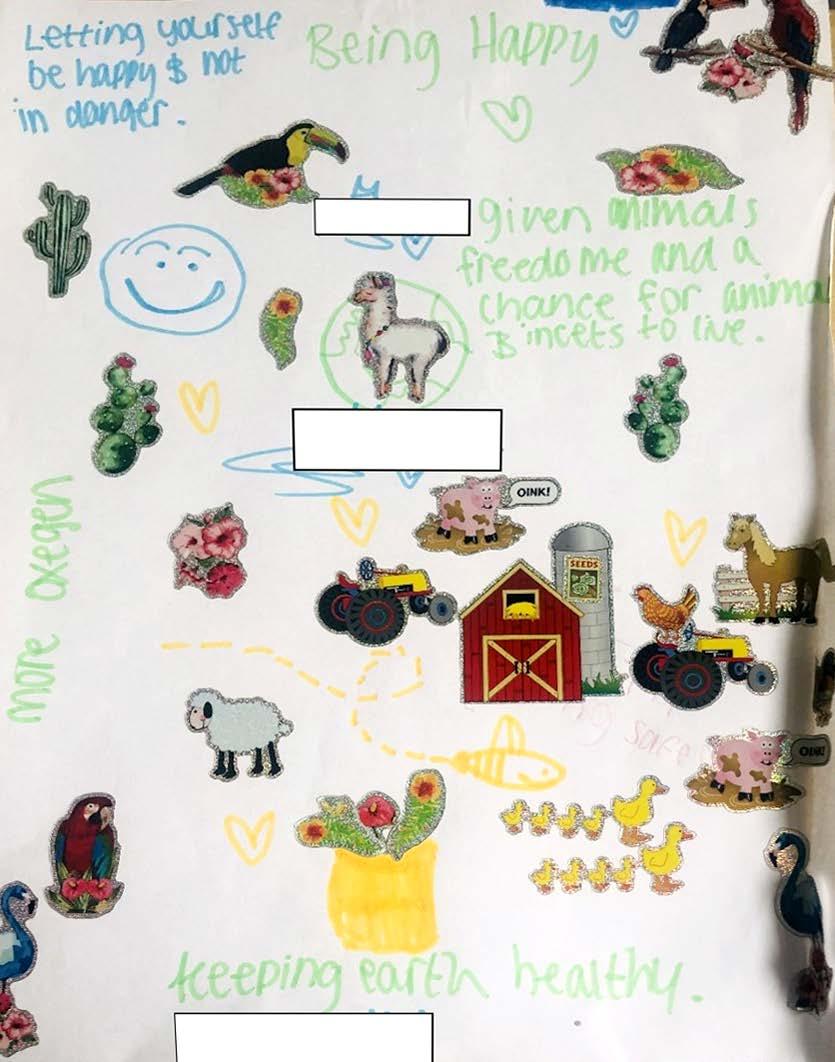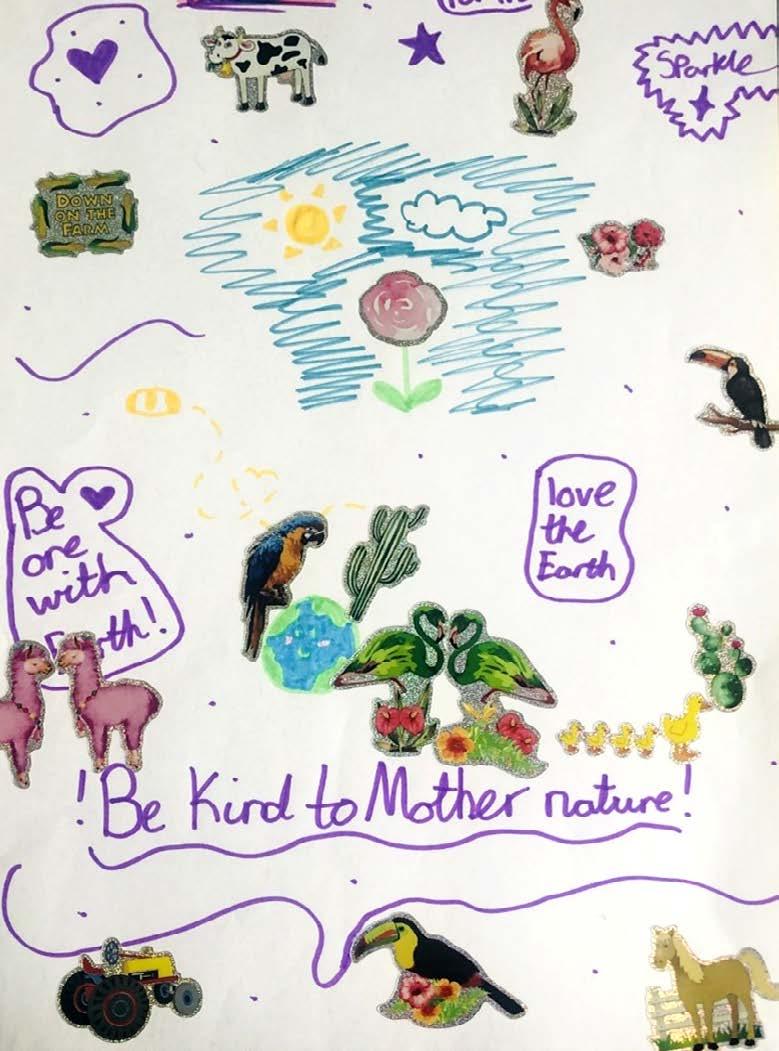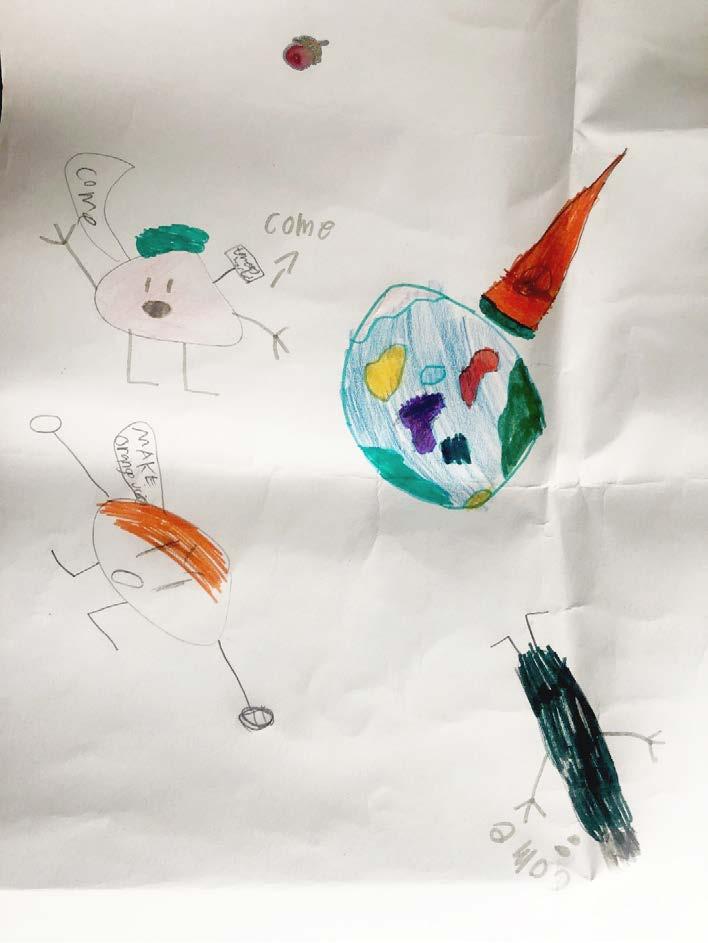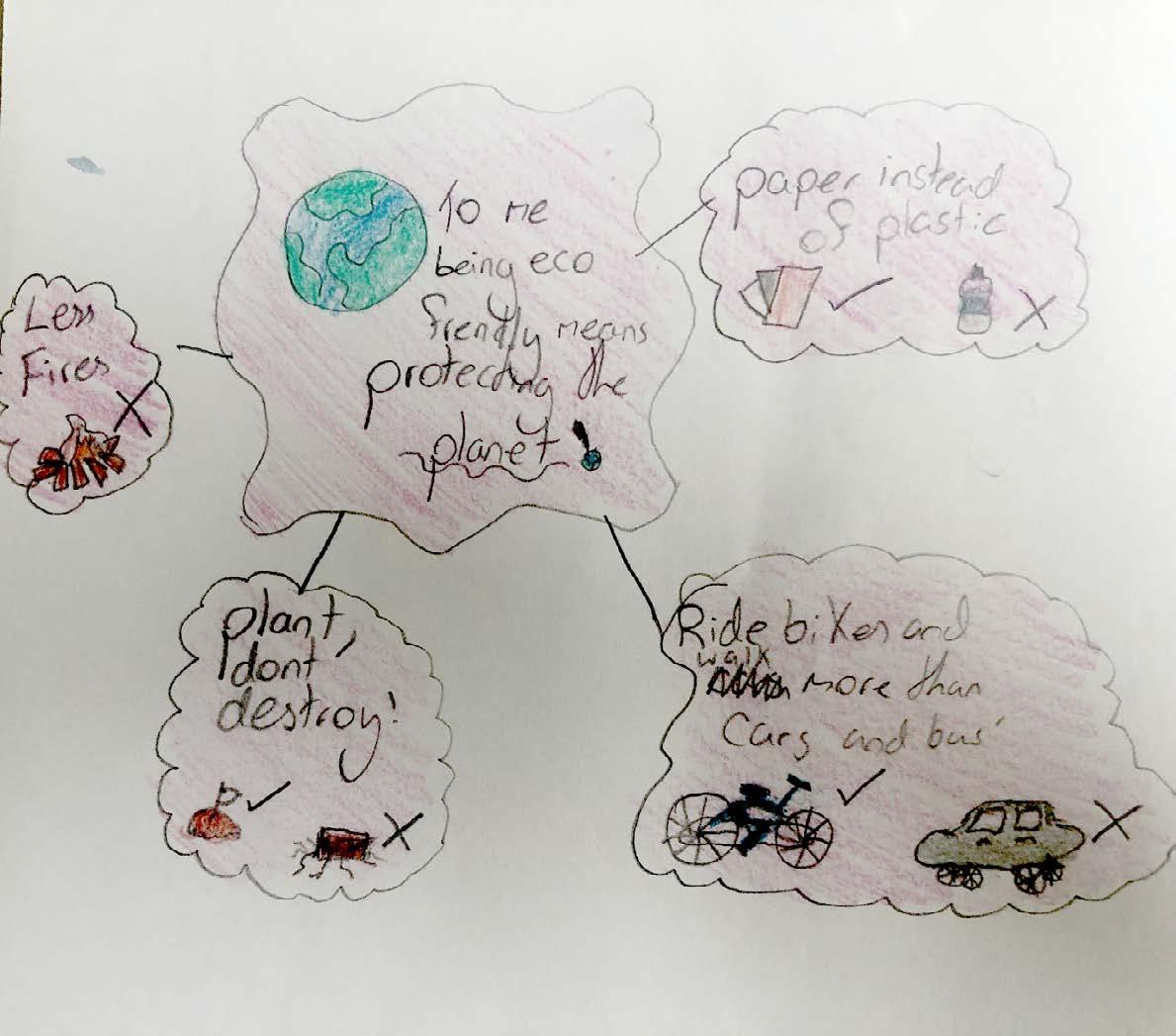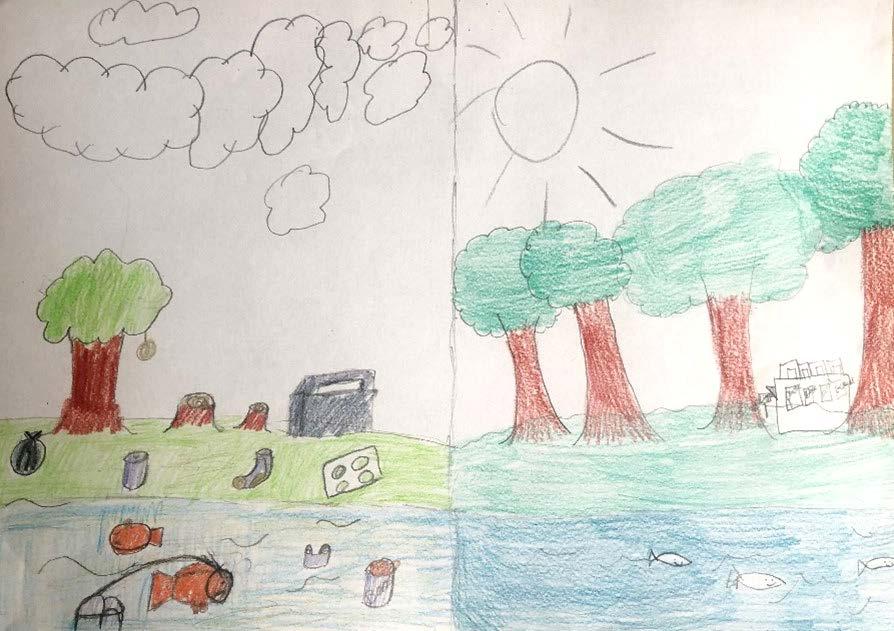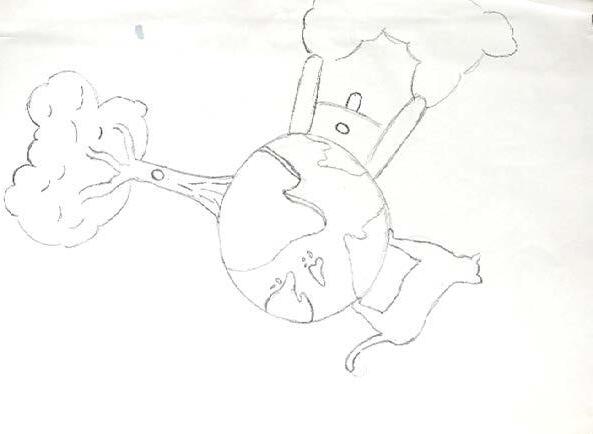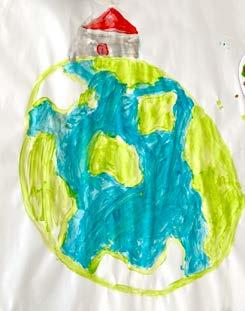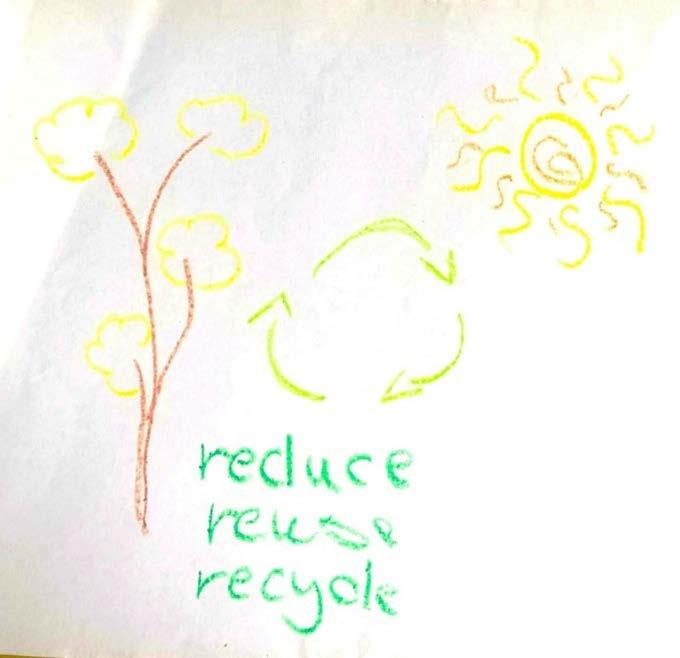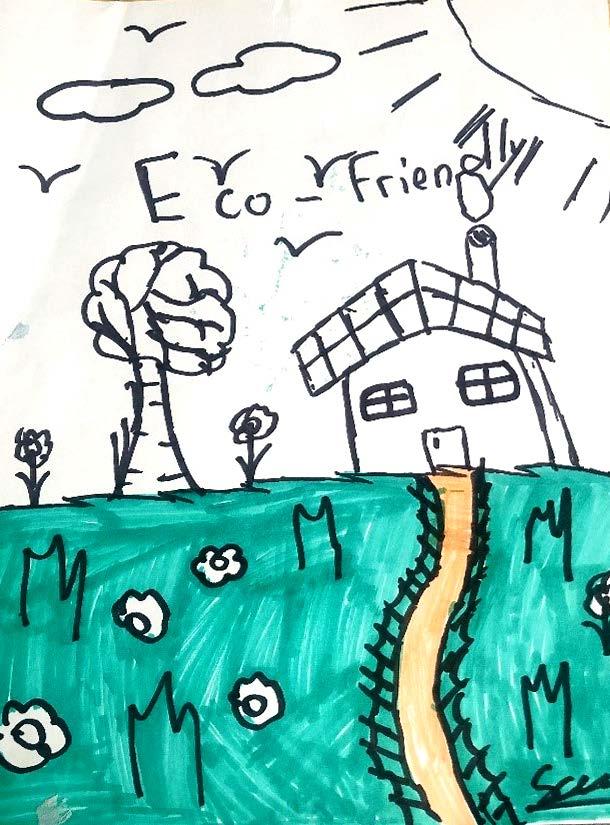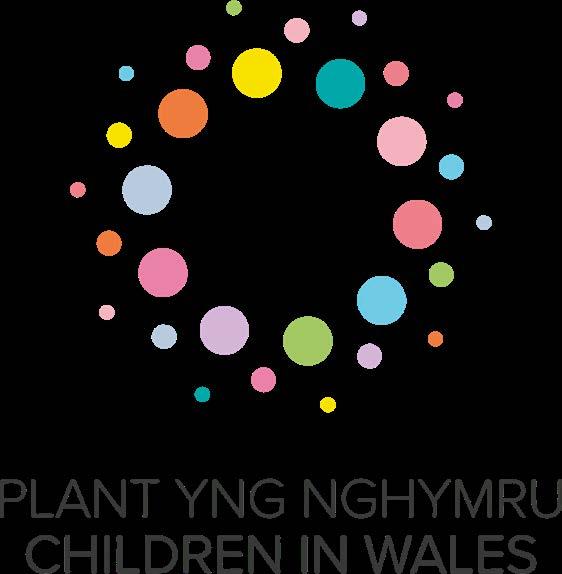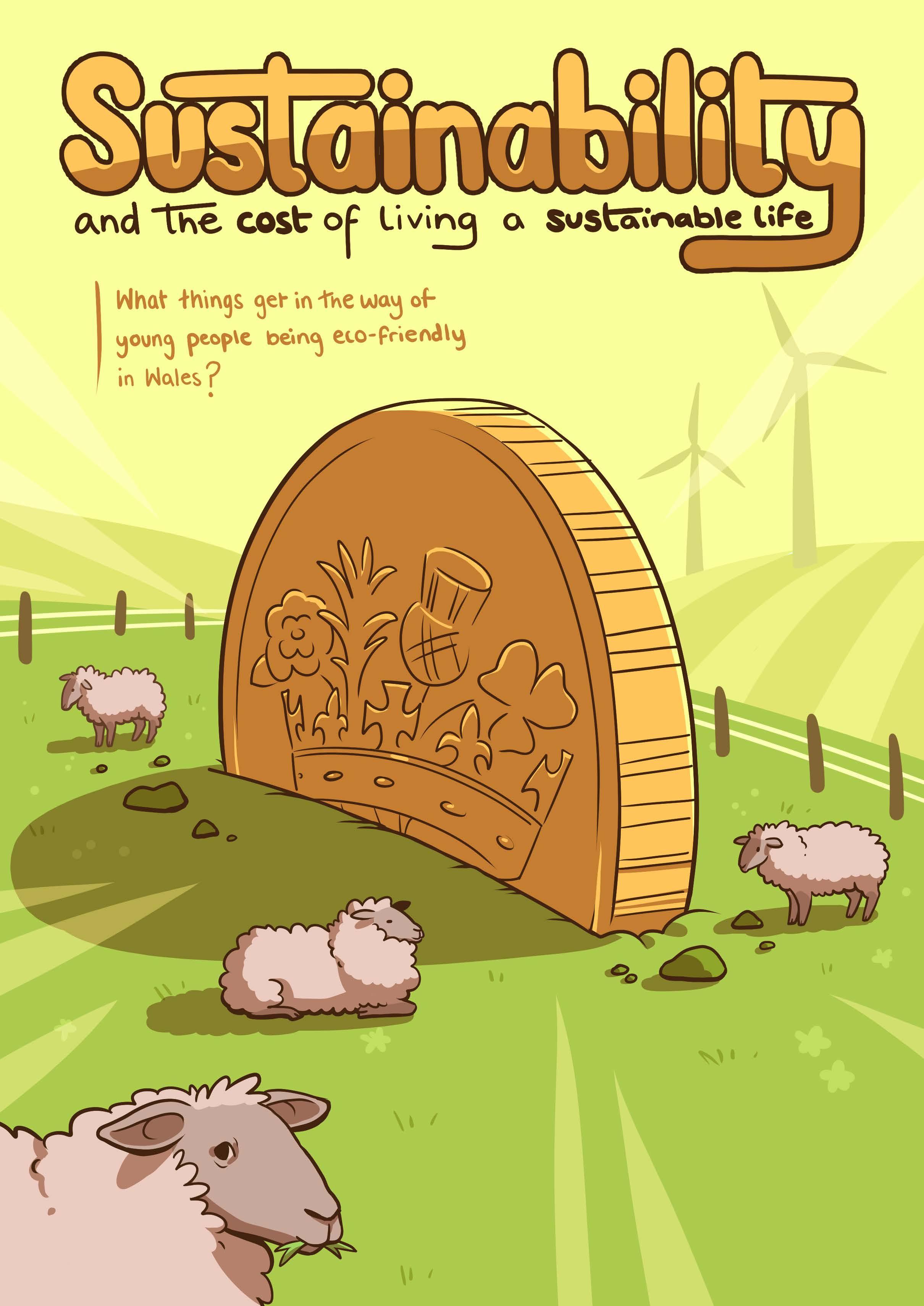
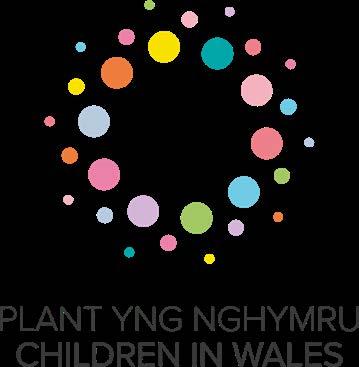















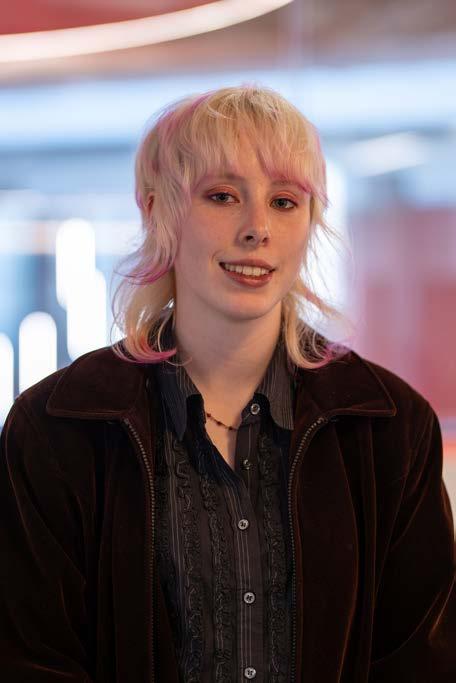
I think that climate activism and research is direly important, especially when it is presented in a way that connects with young people. I am very grateful for the opportunity to be a part of this project; I think it has really helped me to grow as a person. It has also helped me to develop my passion for sociology, something that I have now chosen to study at A Level (and hopefully degree!)
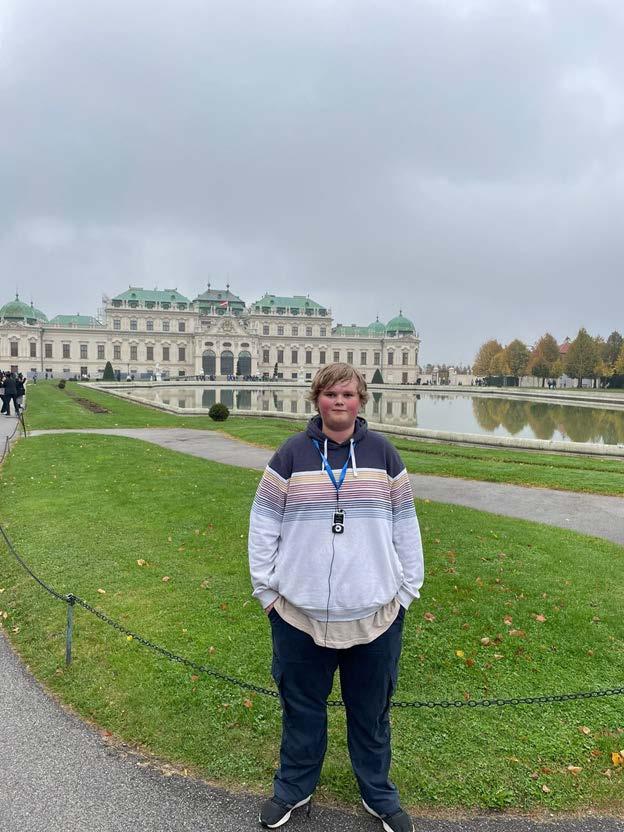
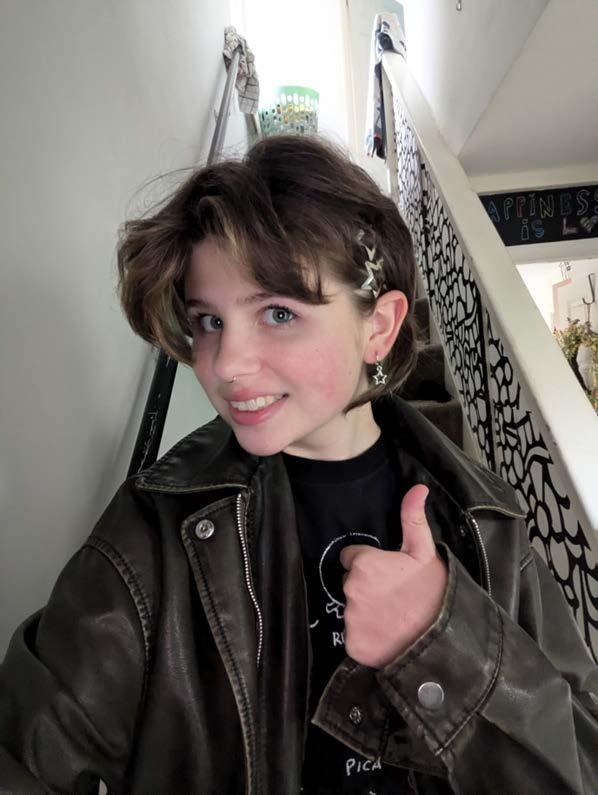
I am passionate about how we can help the Earth; one way is by using public transport more often. I enjoy using trains because it makes me feel good, knowing that I am helping the climate. I became a Peer Researcher after going to Bangladesh where my family are from and seeing the pollution and all the waste. After that I always wanted to make a change and help the people not

I joined the peer research group as I am really interested in learning about research and this group gave me the opportunity to work with like-minded individuals to share knowledge and contribute to our research project. I have really enjoyed working on this project and hope to do more in the future.
I joined the peer research project to understand how young people perceive issues that affect them now and their future, to help other people understand these
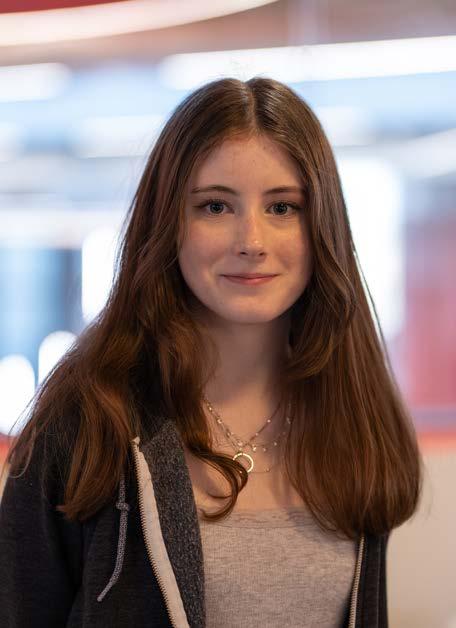
I enjoy Musical theatre, the arts, and all things spooky. I decided to join the peer research project because I’ve always had a passion when talking and learning about climate change and getting to learn the viewpoints of others intrigued me. Getting to be a part of this group finally made my thoughts about climate change feel listened to. Being a part of this group was such a help to my confidence, and I hope that in future endeavours our hard work has paid off!
I thoroughly enjoyed being involved in the initial months of the peer research project. I joined the group to develop my research skills and learn how young people can actively engage in research. During the project, I also deepened my knowledge of climate change and gained valuable insights into the impact of the rising cost of living. I’m excited to read the report and see the findings that emerged from the data collection.


I initially had a strong inclination towards climate activism and have always been very passionate about biodiversity and conservation, which is why I joined the peer research group. I knew that as the project was very youth led; I would have the ability to converse with other young people about what I am so infatuated with, and make active changes in our community. Since joining, I have been able to engage with young people across Wales, and this research has given me extensive insight into how others perceive the climate crisis. I am so grateful to have worked with everyone, so thanks to anyone who came to the peer research sessions, facilitated our meals and supervised us during residentials, and all the young people that attended focus groups, your ideas will be listened to!
How did we get people to take part?
Who took part?
Who answered our survey?
How we made sure everyone was safe
How we put all the answers together
What we found out
Caring for our planet
Education
Eco-Friendly Action
What do you do to be eco-friendly?
Transport
Food
Is
Waste Management, Energy and Eco-friendly products
Waste Management
Energy
Eco-friendly products
Barriers
What we think – how the literature about barriers connects to our research
Money
Peers and family
Behaviours and convenience
Attitudes and priorities
Does the cost of living get in the way?
Conclusion
What we think should happen next
What we think was good about our research
How our research could be made better
Acknowledgements
Appendix
We are a group of eight young people aged between 13 and 18 years old. We are all members of Young Wales, which is part of Children in Wales. This project started 18 months ago, so we were aged 11 to 16 when it started.
Children in Wales is a children’s rights charity mainly focused on issues that affect young people/children and the UNCRC (United Nations Convention on the Rights of a Child).
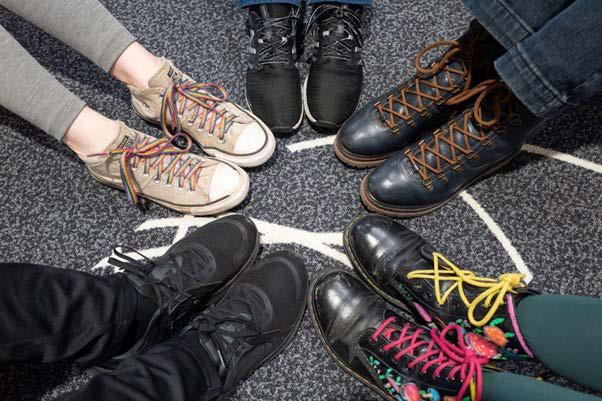
You can visit their website here:
childreninwales.org.uk
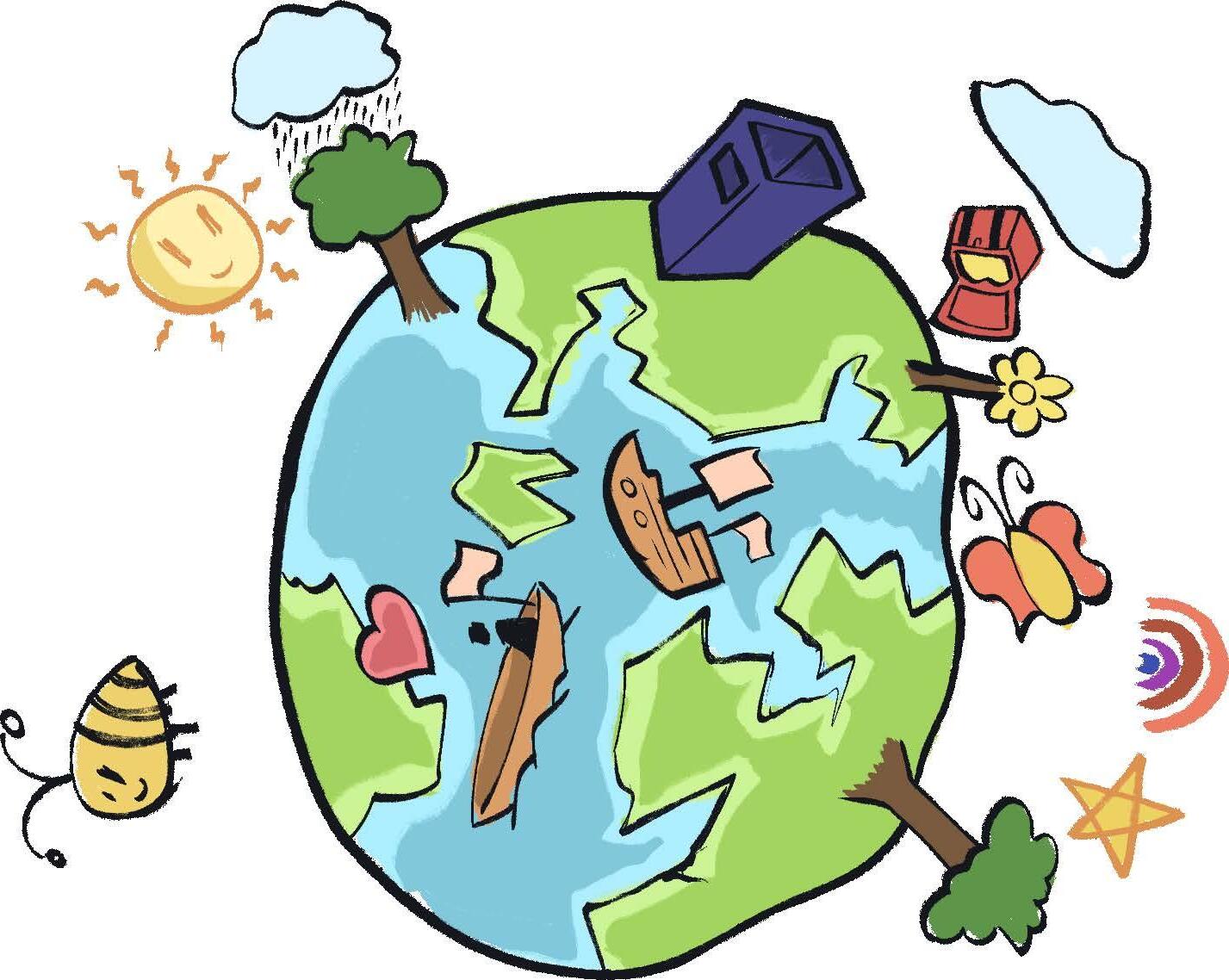
We wanted to do some research on environmental issues. We spent a long time debating what topic we should choose, proposing ideas like researching ocean plastic, fast fashion, poverty, and water quality and sewage systems. Eventually we settled on sustainability and the cost of living a sustainable life in Wales and what barriers got in the way of young people being sustainable.
We decided on our title because we felt like it encompassed a wide range of our interests and ideas.
We then began to plan our project to apply for additional funding from the Community Knowledge Fund. We solidified a timeline (that we later did not follow at all!) and made a proposal.
We also learnt about a wide range of research methods, like qualitative vs quantitative data (we ended up opting for both research styles) data analysis, and how to write and ask unbiased questions.
When we were doing our research, we also had lots of trips and activities.
Some of the peer researchers went on a trip to Glasgow, via train. We met up with multiple other groups similar in age from Scotland and Northen Ireland. We gave a presentation to show the other youth groups what our peer research was about, we all said at least one thing about our research and findings. We exchanged contact information and e-mails; we are hoping that we can meet up again to update them all on the information that we have found.
We had a residential, where we stayed in an eco-friendly building and did our analysis and thought about how to share our research, we sorted and created themes to publish in our report. The rooms were extremely aesthetically pleasing but ordering food was a different story!
We had multiple training opportunities with The Size of Wales and Cardiff Council.
Throughout the research we had many rewards such as trampolining and escape rooms.


We wanted to make a difference with our project.
We wanted to find out what things get in the way of being eco-friendly, so that we can make it easier for people to protect our planet.

People seem to have studied this, by looking at secondary data, rather than speaking to people and asking what they think. We didn’t find anyone who is looking at this issue from a young person’s perspective, or from a Welsh perspective.
We began to study different research methods and planned our project.
One of the team went to find what research was already out there on our topic. They put the information in the table on the following page...
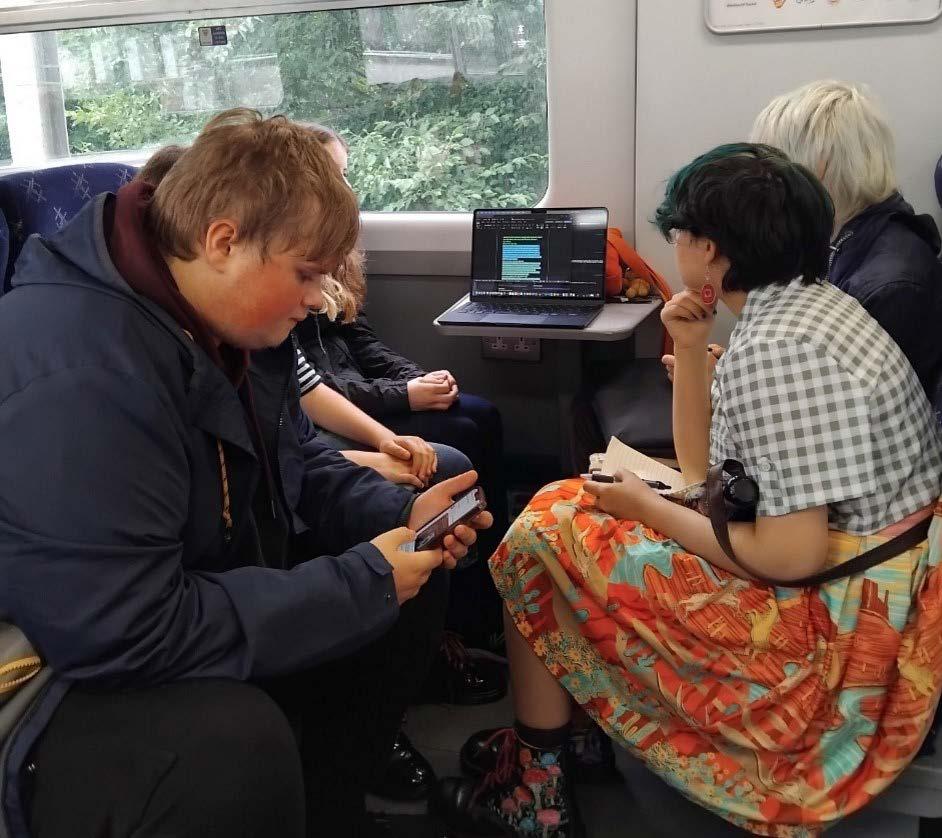
“Sustainability and the cost of living a sustainable life. What things get in the way of being eco-friendly according to cost, age, culture, and the area of Wales people live in?”
Some of the categories of barriers to living a sustainable or equally ecofriendly life for young people as well as the general public: Young people require motivation in order to change their actions, especially when certain behaviours have been ingrained within childhood for example, a young person who grew up in the area where littering and fly tipping is common is more likely to develop this habits themselves once these behaviours have been set it can be difficult to shift.
Psychological
Technological
Not having access to ecofriendly technology or the newest innovations can make it challenging for anyone to implement changes in their lives. Especially considering that technologies such as electric vehicles are glamorised by the media to make them seem like the only option if they wish to lead a more sustainable life. This could be due to costs, infrastructure or geography.
Educational
Information is key to making sustainable choices as this provides the motivation to change behaviours and the means to actually implement these goals. Young people need to understand the significance of climate change and the impact they can make, having common myths dispelled to enhance the conversation.
Often, the least sustainable option is the one that is easiest and has become automatic in our daily lives. A prime example is because we’re able to buy single use water bottles in practically any shop for a minute sum, many people would do this out of convenience instead of bringing a reusable water bottle and find somewhere to refill it.
Cost
The cost of a sustainable lifestyle, whether it be the vehicle, energy consumption or preferred food, is on average higher than less ecofriendly alternatives. This means that those on lower incomes would not be able to make the switch with ease, having to think more carefully about these choices and explore the options. Without support and the information needed to access this support many families would simply be unable to adopt a fully sustainable lifestyle in the current climate.
References:
Psychological, Cultural, and Informational Barriers to SustainabilityMilbrath - 1995 - Journal of Social Issues
Wiley Online Library
Comment: A sustainable and equitable response to the cost-of-living crisis is urgently needed
PMC (nih.gov)
Climate Change
Bank of England
Climateflation: the long-term cost of burning fossil fuels
Positive Money
How is the cost of living crisis affecting net-zero policies?
Economics Observatory
Sustainability Barriers and Motivations in Higher Education – A Students’
Perspective
Sustainable Development in Higher Education: Current Practice and Future Developments
The Higher Education Academy
Policy Integration for Sustainable Development: Exploring Barriers to Renewable Energy Development in Post-devolution Wales
Amfiteatru Economic Journal
Social Responsibility and Local Sustainable Development in Relation to the Perception of Daily Life in the Public and Private Sectors
Technium Social Sciences Journal (techniumscience.com)
Is walkability equitably distributed across socio-economic groups?
– A spatial analysis for Lisbon metropolitan area
ScienceDirect
Can you afford to be green when you’re not rich? I kept a diary to find out
Life and style - The Guardian
‘It’s just not tenable’: cost of living crisis hits sustainability sector
Small business | The Guardian
To buy or not to buy green: the moderating role of price and availability of eco-friendly products on green purchase intention
International Journal of Economics and Business Research (inderscienceonline.com)
Asking The Participants: Students’ Views on Their Environmental Attitudes, Behaviours, Motivators and Barriers
Australian Journal of Environmental Education
Cambridge Core
‘If I could afford an avocado every day’: Income differences and ethical food consumption in a world of abundance
Anna Sofia Salonen, 2023 (sagepub.com)
Cost of living crisis: global impact and solutions
World Economic Forum (weforum.org)
The Cost of Living Crisis: An opportunity to move to sustainable lifestyles?
The OECD Forum Network (oecd-forum.org)
Barriers to consumer adoption of sustainable products – an empirical analysis
Emerald Insight
Benchmarking the barriers of sustainable consumer behaviour
Emerald Insight
High price, a perception of no environmental impact, no benefit in personal image, lesser use by family and friends, lack of awareness about the products etc. emerged as the potential barriers which need prime attention.
We need a ‘Children’s Rights Approach’ to climate change
Children’s Legal Centre Wales (childrenslegalcentre.wales)
Only half of young people able to identify correct definition of climate change
UNICEF, Gallup
UNICEF UK
The results of this study indicate that barriers such as low willingness to pay, low functional performance, low availability of sustainable products and difficulty of integration in the normal route have a statistically significant negative impact on consumers’ sustainable purchase intentions.
Key Messages Individual Laziness
Findings cannot be generalised due to the specific nature of population
Underestimated behaviour Responsibility Powerless
Pessimistic
Practically
Understanding how global issues relate to the individual and climate change (i.e. impact of deforestation)
Going beyond waste management as a global issue
See global warming as something that is happening in other places and does not impact them
No reward or punishment for such behaviour
Local and global environment issues are not connected (belief = ideological barriers)
Feel powerless to make a difference
Other local pressing issues are more important than global issues that are not directly impacting them currently. (this could be linked to concerns around cost of living today)

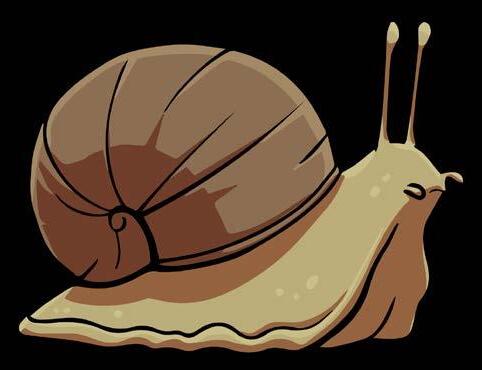


For our study, we used two core forms of research:
A survey and focus groups with varying age ranges. We wanted to consult a wide range of ages so we could ensure the views of Welsh young people were fairly and accurately represented.
We launched the survey combining qualitative and quantitative questions which was open between February and March 2024. We also wanted to gauge people’s opinions in person, so we did focus groups with various young people across Welsh primary and secondary schools as well as youth groups between April and May 2024.
During the focus groups, to gather research we asked many questions all involving and allowing the young people to participate in different ways. Whether that be by making a physical answer with creative skills like drawing, using stickers, or using the room around them to show their understanding of climate troubles.

We targeted 7 to 18 year olds living in Wales to take part.
For the survey we had two versions, one for older young people and one for younger children.
We recruited people through schools, youth groups including youth councils, libraries, study groups, Scouts and Guide groups. We have a lot of contacts in these places between us as young people, and Children in Wales.
We also used social media and online advertising. We had an email address for people to get in touch with us.
We thought some people may need support to take part with reading and writing, such as those with sensory impairments or additional needs. We helped them take part by using creative methods and offering them a support person if they came to a focus group.
We used videos for our online questionnaire to make them more accessible.
We produced videos and designed posters for recruitment.
We received 816 responses to our survey in total:
We had a total 816 responses across the two surveys –
451 older and 365 younger
From those, 100 responses were in Welsh
- 87 younger and 13 older
There were five focus groups with a total of 53 young people
Notes about the survey data
For the area of Wales – we compared North, Mid, West and South Wales, using www.visitwales.com categories.
Some graphs show a percentage of answers.
For most of the questions, people could pick more than one answer – so percentages will not add up to 100.
Some questions were skipped by people.
Here is some more information about who took part.
In the older version, 80% of people fit into the White category. In the younger version, 86% did. We found out that this was similar to the population in Wales.
In our older version, around 5% gave an answer other than male or female. This was around 2% in the younger version. Slightly more girls than boys answered the younger version, in the older version it was a 50/50 split.



Across the two surveys, we had at least one response from every local authority.
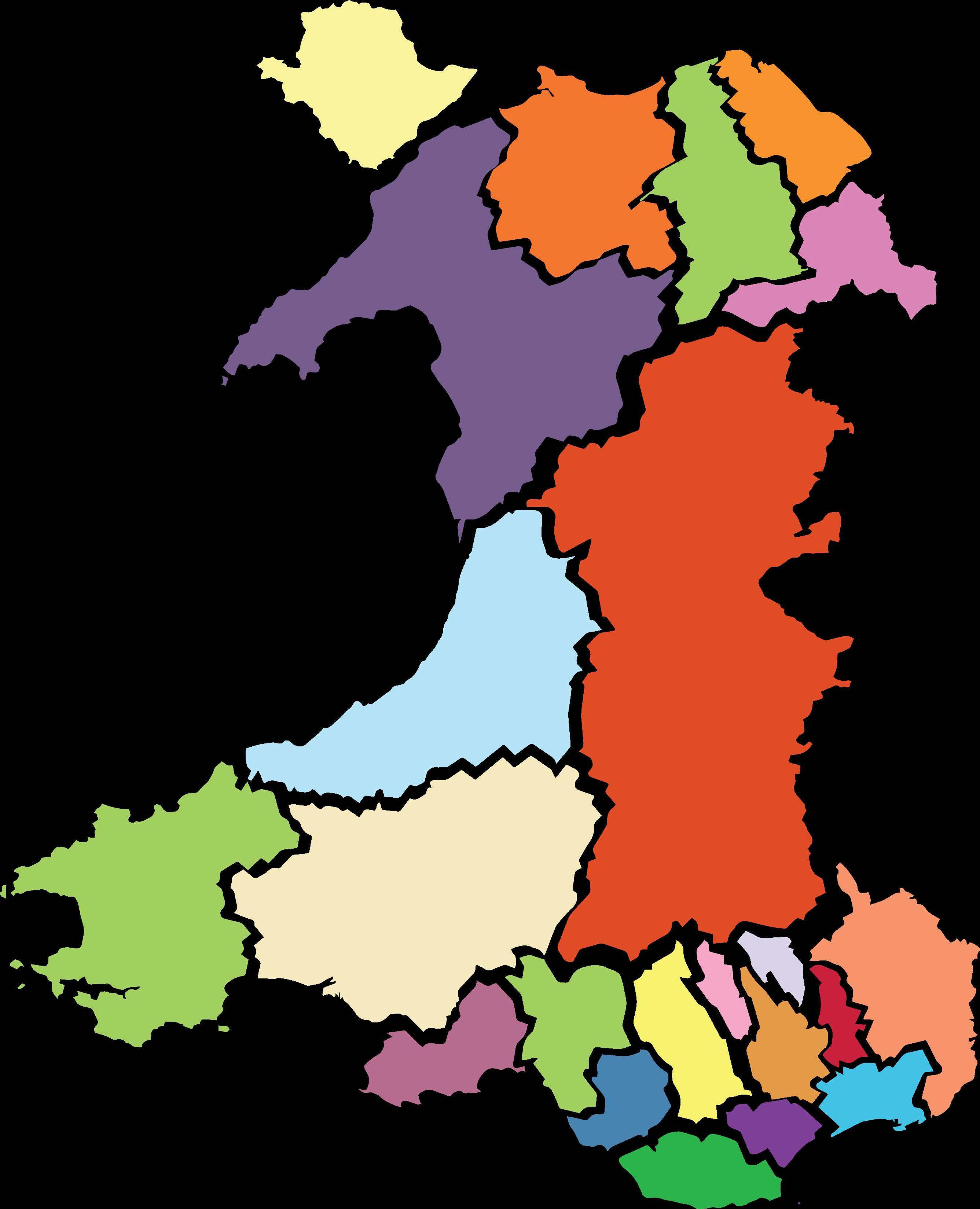
In our training, we learnt about ethics, so we had a plan to keep everyone safe and make sure we didn't harm anyone from our research.
We had information and consent which we did in a video for the survey, and we explained in the focus groups.
We did not ask any sensitive, personal, or upsetting questions.
We had training on safeguarding for our age group from the NSPCC.
We always had a member of staff from Children in Wales with us when working on the project.
In the focus groups there was always an adult the children knew in the room as well and we made sure they knew they could speak to them anytime.
We learnt about bias and what to do if people give answers we don't agree with.
We tried to make a positive difference from our research, by making recommendations to remove barriers to being eco-friendly and giving people who took part a voice.
We learnt about confidentiality and anonymity. We made sure that we didn’t use anybody’s name next to what people said and we kept what they said confidential. There were no signs that someone was in danger.
Staff members made sure they handled the information appropriately. All information was stored on password protected computers at the office.
Any paper materials with identifiable information were scanned and destroyed.
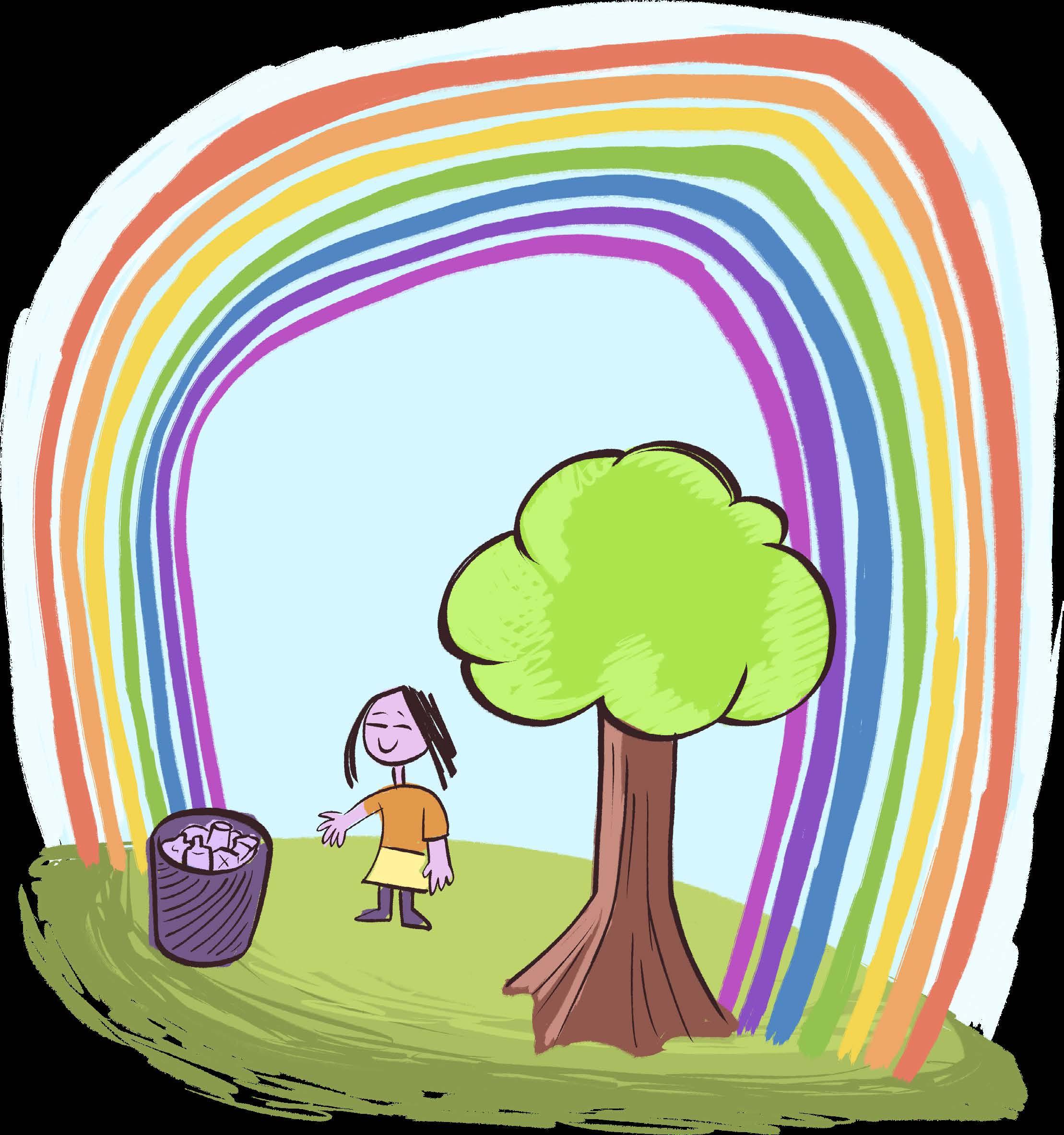
We analysed the data from both the surveys and focus groups. To do this we split the data into different categories to show us what the young people knew about the cost-of-living crisis in relation to being eco-friendly.
We had graphs from the survey software. This meant we could see the percentages of people who answered a certain way. We also had staff at Children in Wales to help to find out if there were differences according to where in Wales people lived or other things like their gender. They also helped us combine the data from the two surveys, as well as the open questions from the survey, because there was so much information.
For the focus groups we did something called thematic analysis from the answers people gave. This is where we read through everything people said and looked at their picture answers. Then we made codes so we could put them into categories.
We cut people’s answers out and put them under the codes. Then we grouped our codes and had discussions together to come up with our themes. Some of us enjoyed this more than others!

The following themes emerged from the surveys and focus groups:
We have also got some sub themes under these, where there was lots of information on certain issues.
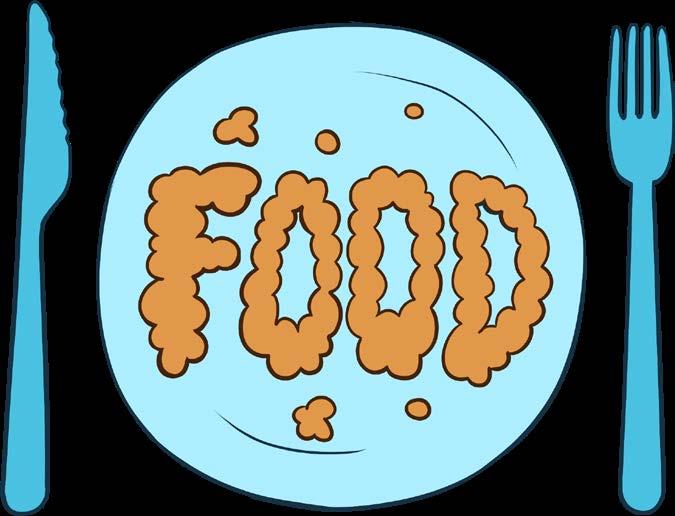
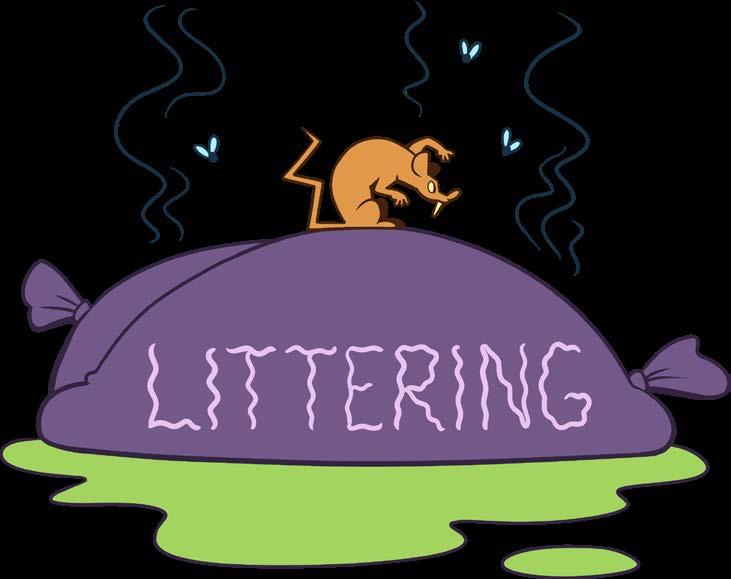
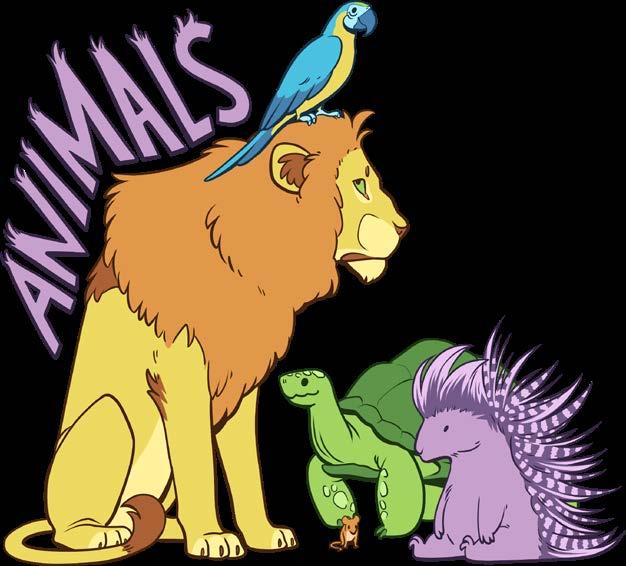

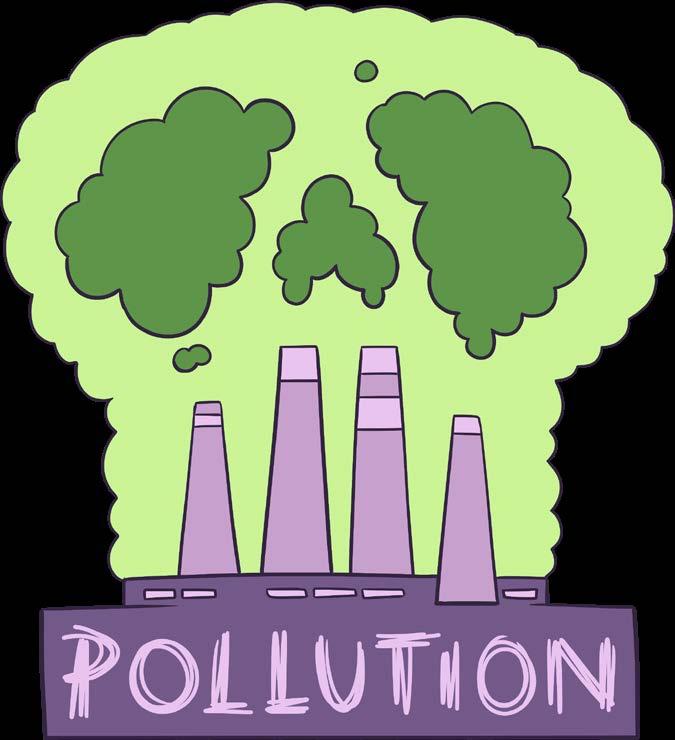
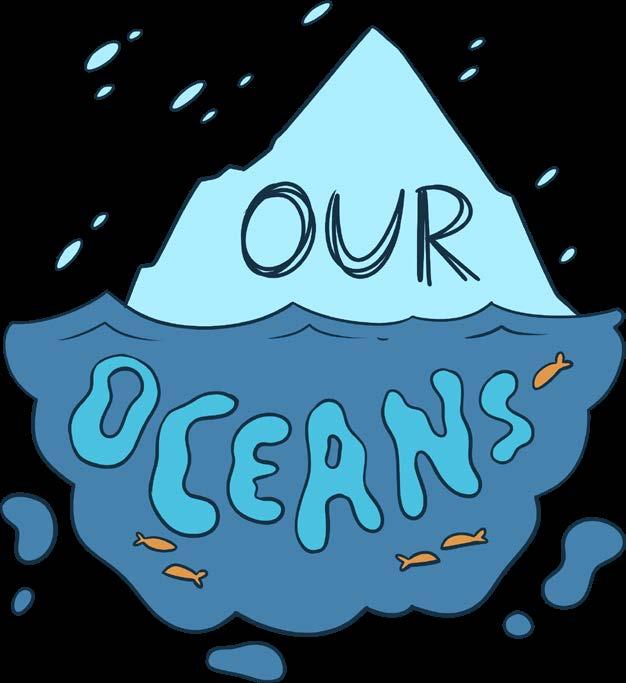

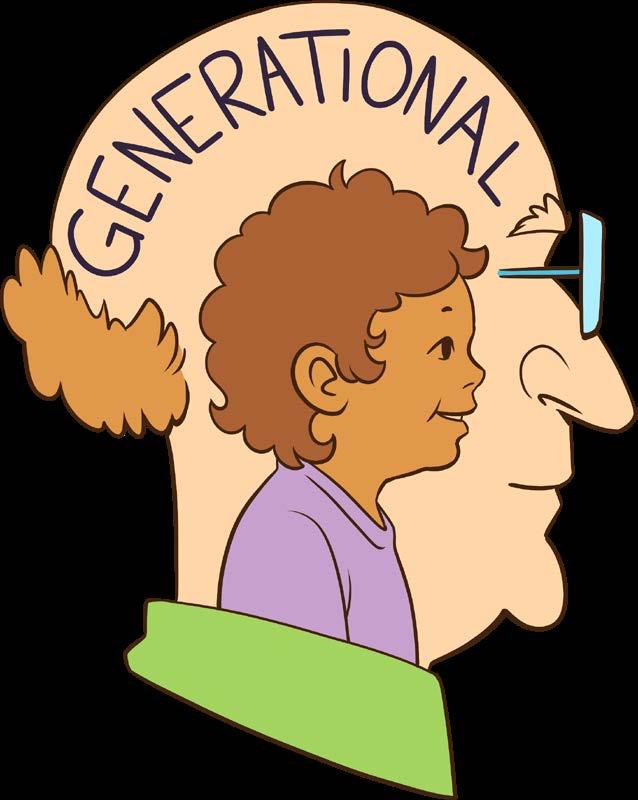


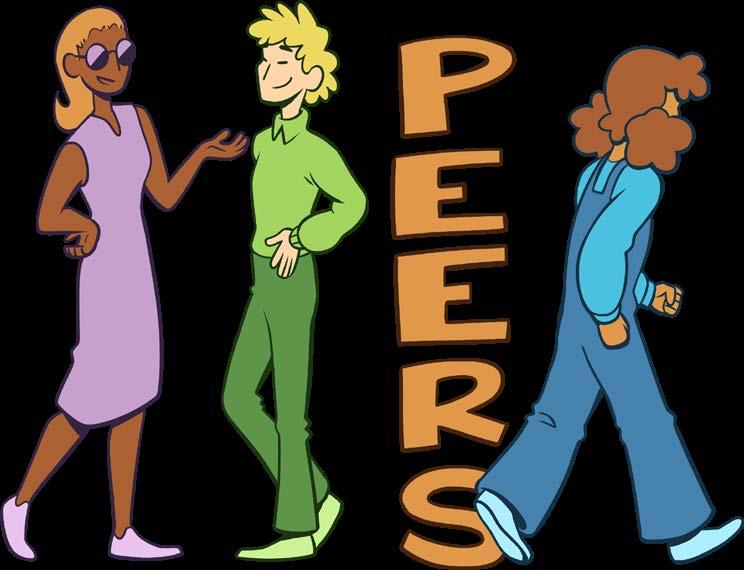
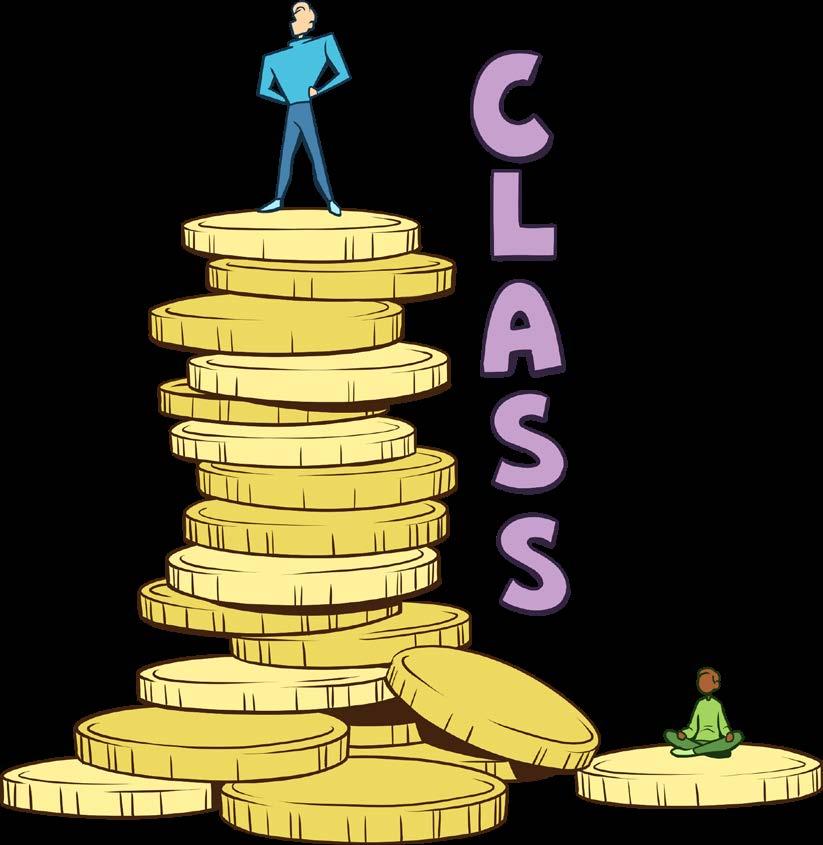
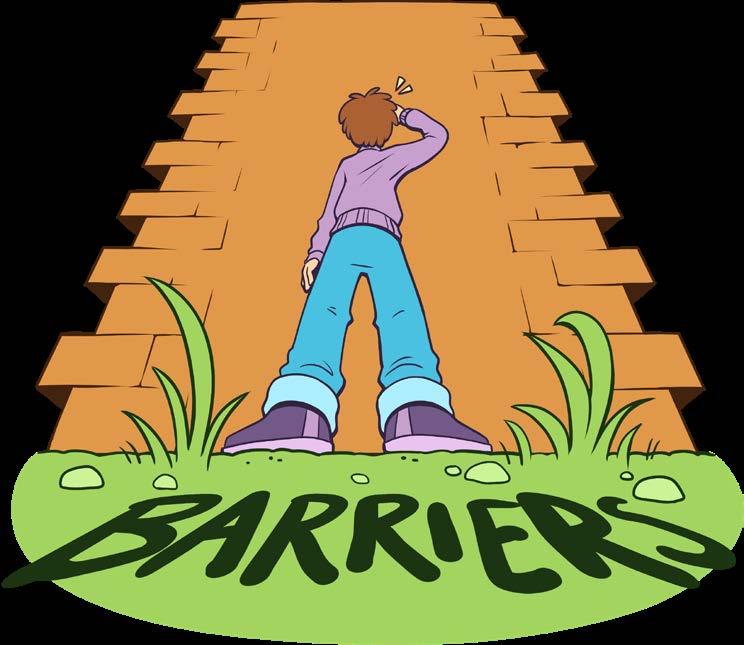


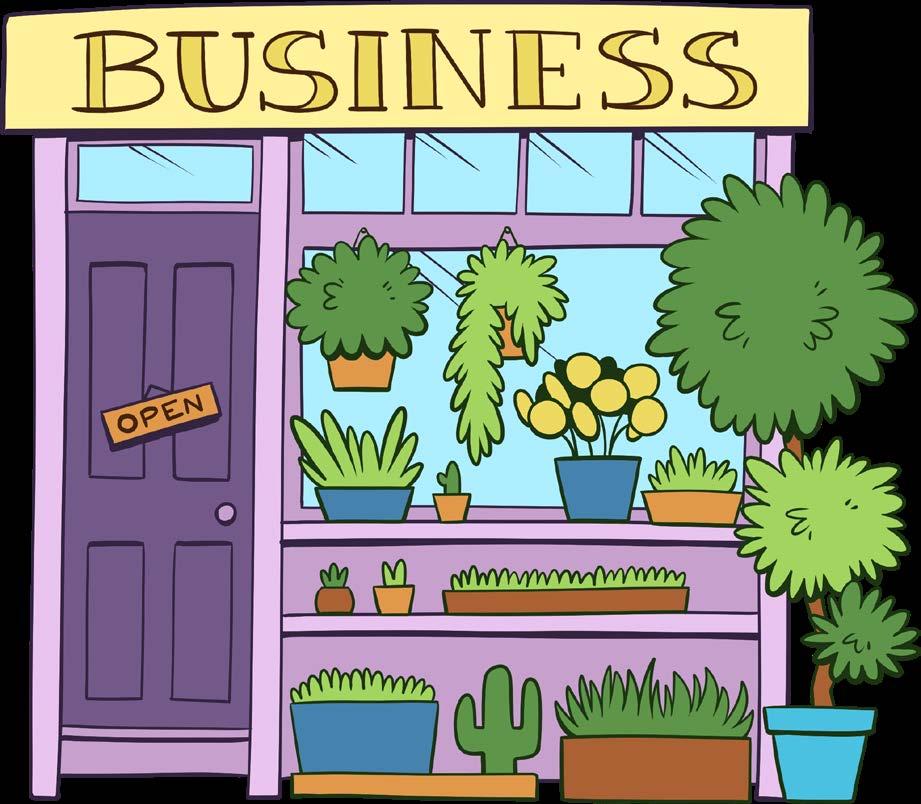

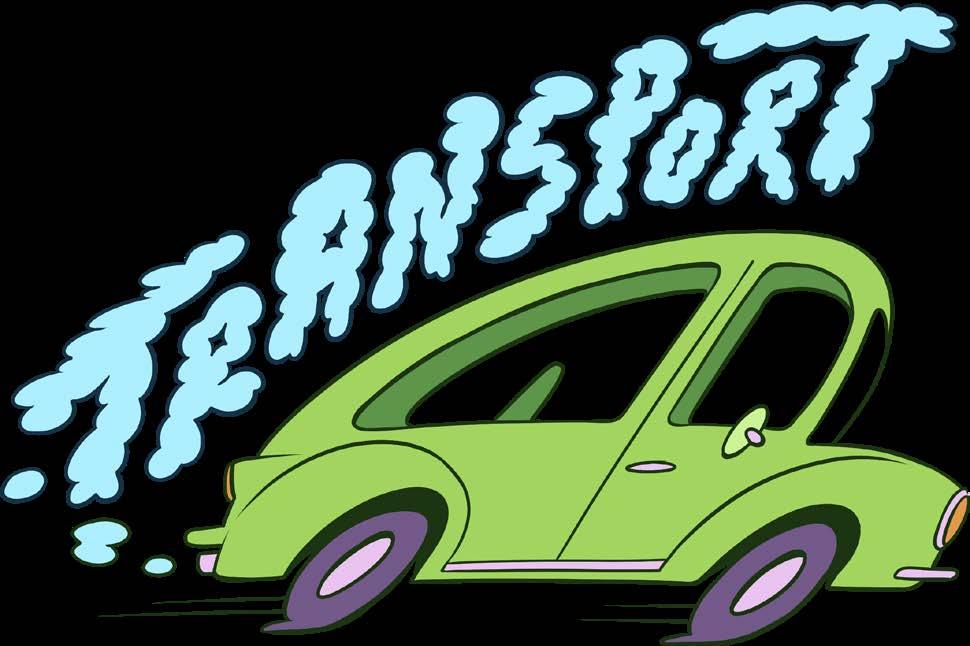
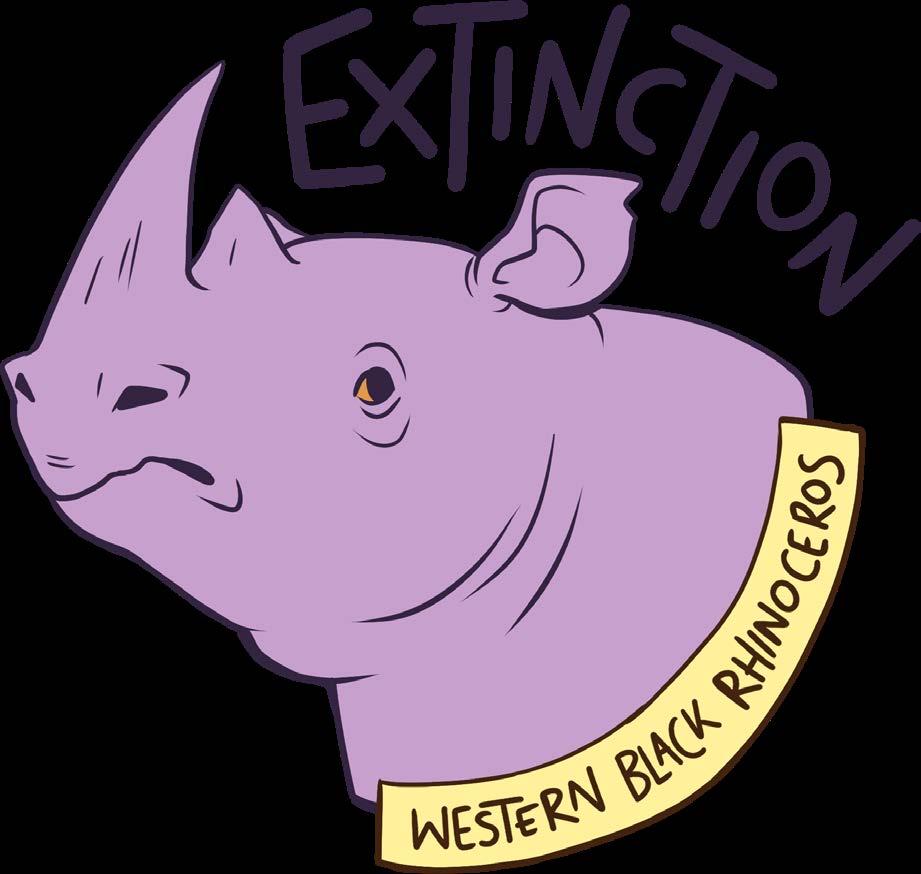
In this section we will include what we found out from the focus groups and survey under our four themes, one at a time. We have also got sub themes under some of these.
In our research, most children and young people showed that they care for our planet. In our focus groups they drew lots of pictures of trees, animals, the sky, the planet, and plants. They wanted to make sure we protected nature.
They talked about stopping the pollution of our oceans and protecting sea animals.

Here are some quotes under this theme:
“Being kind to it (the planet) and giving it respect”
“We just need to clean up the beaches.”
“Protect endangered animals.”
“Water is a lot more blue… Less extinct animals” this was what someone said when they were drawing, and they linked the pollution of the ocean to the extinction of animals.
“The Earth is the only planet we can live on, keeping the Earth clean and giving people a chance to breathe.”
“My world will be one when people don’t harm things”
When we asked young people in the survey what they thought a person who cares for the planet does, they said:




Doesn’t pollute or litter
Helps animals
Plants trees/flowers/grows own food
Reduces food waste
They also talked about using environmentally friendly products, which we have covered in a different section.
In the survey a lot of the open answers were about caring about nature and the environment and looking after it. Words such as care, love, being nice and looking after came up a lot under this theme, particularly looking after animals.
They also said about being aware of eco-friendly issues and influencing others to be eco-friendly, such as, sitting on eco committees and going to protests.
Some things that people said in the survey about what society could be doing include:



Reduce pollution
Invest in synthetic fuels
Plant trees

Although children and young people mostly care about the planet and want to protect it, we think that the education some children receive on this topic is limited.
Some older ones in the focus group spoke about a ‘lack of education in schools’ and how they do not get taught about the environment in depth. The young people expressed an interest to learn, but because their ‘schools don’t care’ they were not given the opportunity.
One young person spoke about how ‘if they had the resources’ to be eco-friendly, they would have the power to make ‘schools and everything eco-friendly’. This could show us that this young person feels like despite having the power to make schools sustainable, the government and those with the power and resources are not doing enough. They might feel like schools don’t get enough funding for this work.
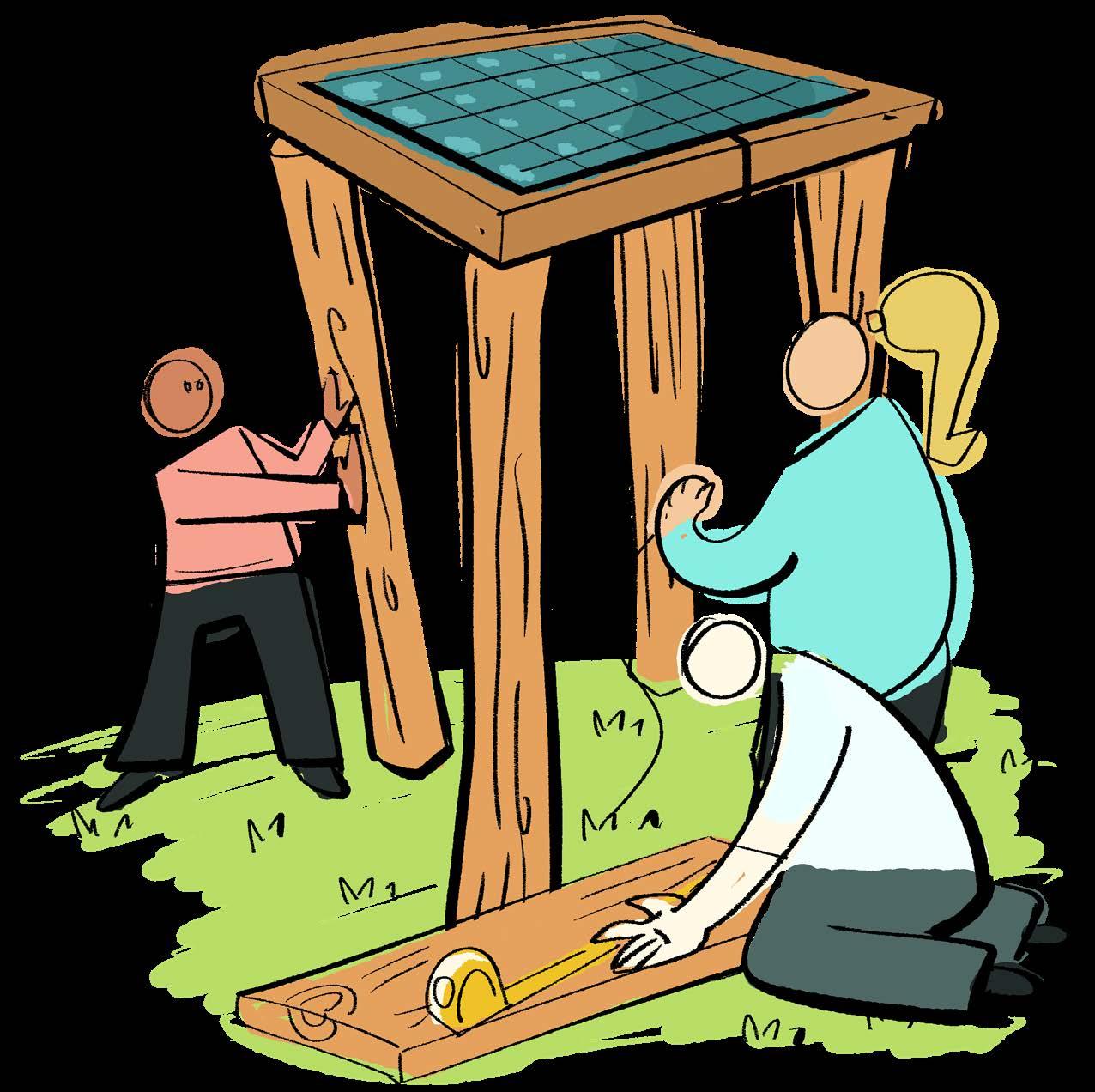
This links to what people said in our survey, who think there should be more education, awareness, and activism.
Our experience of education in this area is that it is repetitive. It is often just all about recycling or pollination.
This contrasts with some other answers, which shows a disparity. For example, when we asked what people already do to be eco-friendly, the most popular answer was about getting involved in school projects.
Many young people talked about their schools and how eco-friendly they are; speaking about how they plant potatoes and herbs, and how they recycle in schools. This links to the most popular answer in the survey about doing eco-friendly school projects.
Some of us have some good examples of the education we received, like doing self-led work on a project or presentation or having debates about coal mining or windfarms. Some of us had gardens in our primary schools, which we were allowed to design and plant in. We think there should be more opportunities for this way of learning for children and young people.
We have also noticed the difference in our education between Primary and Comprehensive Schools.
Our impression of education in this area is that it is mixed, but overall, not prioritised. We think it could be better funded, and more variety should be offered.
They were positive about future ideas. Some of the information from the focus group on this is young or naive and there is not much depth to it. There is a want for the planet to be good and healthy which is promising. Education in this area needs to be more prioritised and consistent.
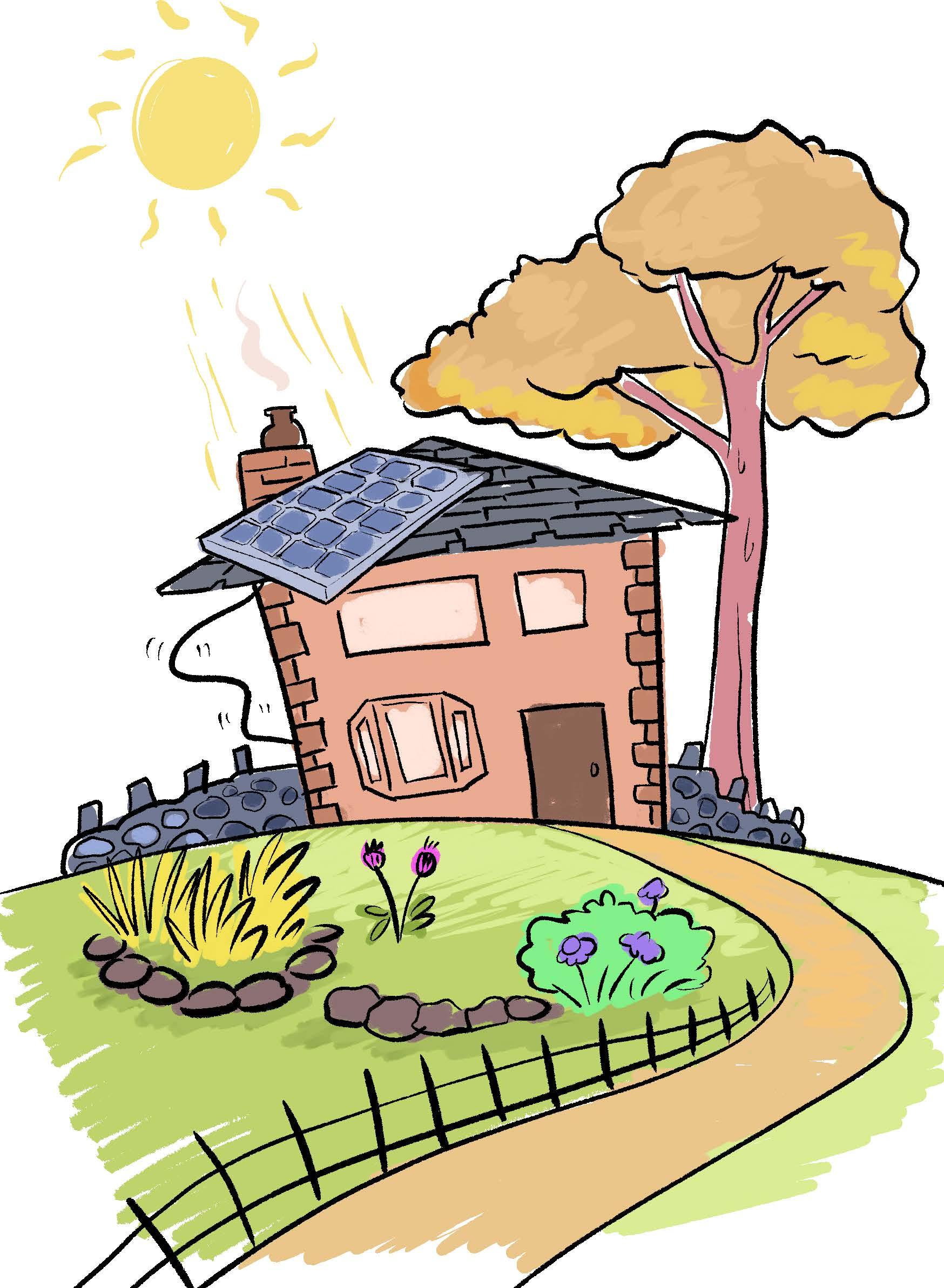
When we look at different age groups, the answers to this question were very similar across the two surveys.
Recycle was the most common across both
Our research shows that lots of young people are already doing things to be eco-friendly in Wales.
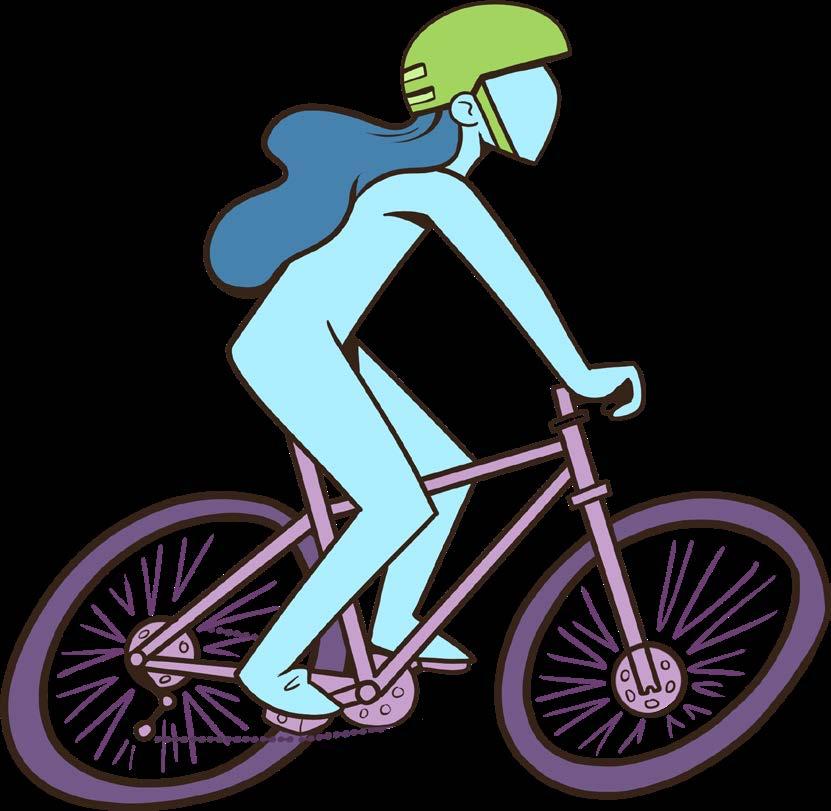

Walk or ride a bike was next for both
Using eco-products
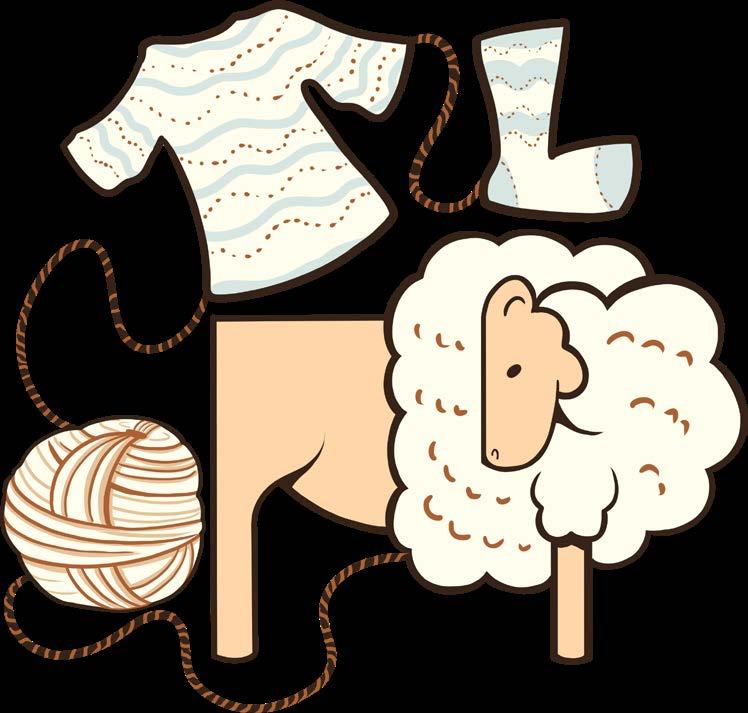
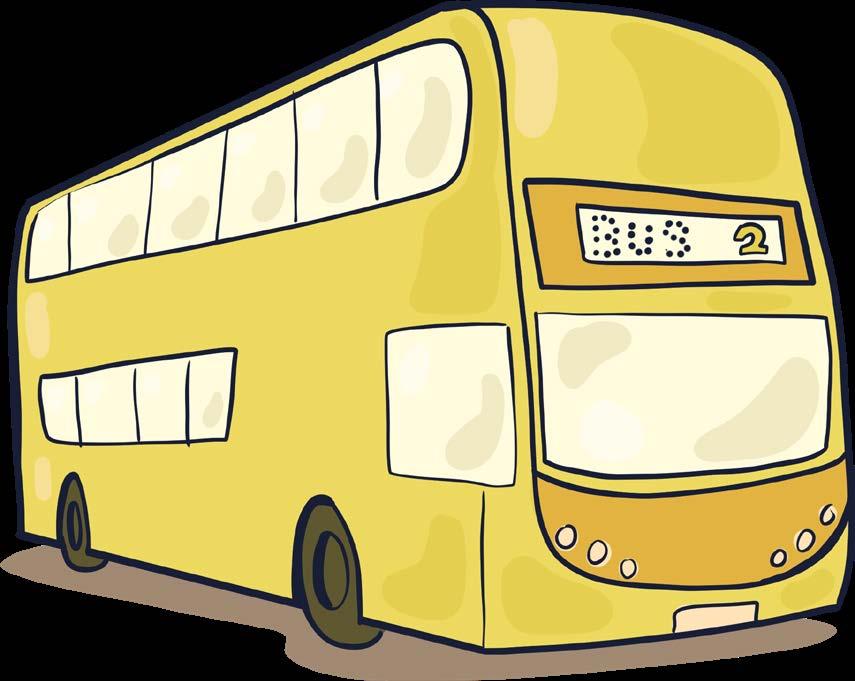
Public transport was where there was the main difference
We think that less younger children used public transport maybe because of their age. They are probably more likely to get lifts with their parents or guardians to places.
When we compared different areas of Wales, there are lots of similarities, and some interesting differences:




One main difference was the increased use of public transport in the South, we think this may be because of increased public transport links in South Wales. Another notable difference is that no one in West Wales said they ‘don’t do anything to be eco-friendly’ and they also said they would walk or ride a bike more than other areas of Wales.
Based on this we think that better public transport links should be more widespread across Wales, and that eco-friendly products should be more accessible as less than 50% respondents across the country said this is something they do.
People also answered this question on the survey in their own words and said the following:
School schemes (highest number of responses - 30)
schemes
Rubbish/litter pickers (second highest response24)
Helping others/ animals (2)
banks (lowest response – 1)
What we found
We find it encouraging that so many people said that they were doing eco-friendly things. Many young people thought of their eco friendliness through the framework of their education, many young people spoke about different school schemes; this may be because of Welsh Government initiatives or our eco-schools scheme. Young people also frequently mentioned recycling and waste management, another thing we know is frequently brought up in the education system. We think that some areas that need improvement are clothing and gardening; young people need to know more about different sustainable initiatives like community gardens and clothes swaps, or these things need to be organised to take place somewhere that is accessible for young people.
Young people in our focus groups frequently spoke about using different forms of transport. They used a range of mediums to show this; they drew bikes, buses and electric cars.
There was a major emphasis on the use of electric cars, with many young people speaking about how electric cars are better because they do not use fossil fuels. However, one spoke about how electric cars are not particularly good for the environment because the batteries are bad. This shows an awareness of the harmful effects of lithium-ion batteries.
A large number of young people also spoke about walking and biking places to reduce fossil fuel use and pollution from cars. A few young people also said that cars are the most convenient form of transport and when they use the car, they chose the most eco-friendly route on Google maps.
From the survey young people spoke about using alternatives to cars



This suggests that it would be a good idea to make public footpaths safer and more accessible for young people whilst they are commuting. This could be achieved by creating bike paths, safer road crossings and alternative road-free areas for walking in more rural areas. It would also be beneficial to promote the use of green travel to young people via social media or through the education system. The promotion of active travel competitions for primary school students could be a beneficial way to engage young people. Another way is to provide more information for parents to reassure them that their child will be safe while commuting.
The young people also spoke about food, many young people mentioned the red tractor label or how they wish they could go vegetarian or plant-based to help the planet. Many young people may feel like the food they eat is out of their control because they are generally not responsible for the purchasing of food, but they expressed a desire to eat more eco-friendly food, despite a lack of autonomy. Young people also talked about growing their own food and using a compost or food bin to ‘recycle’ their food. This shows an awareness of the impact of their actions on the planet.
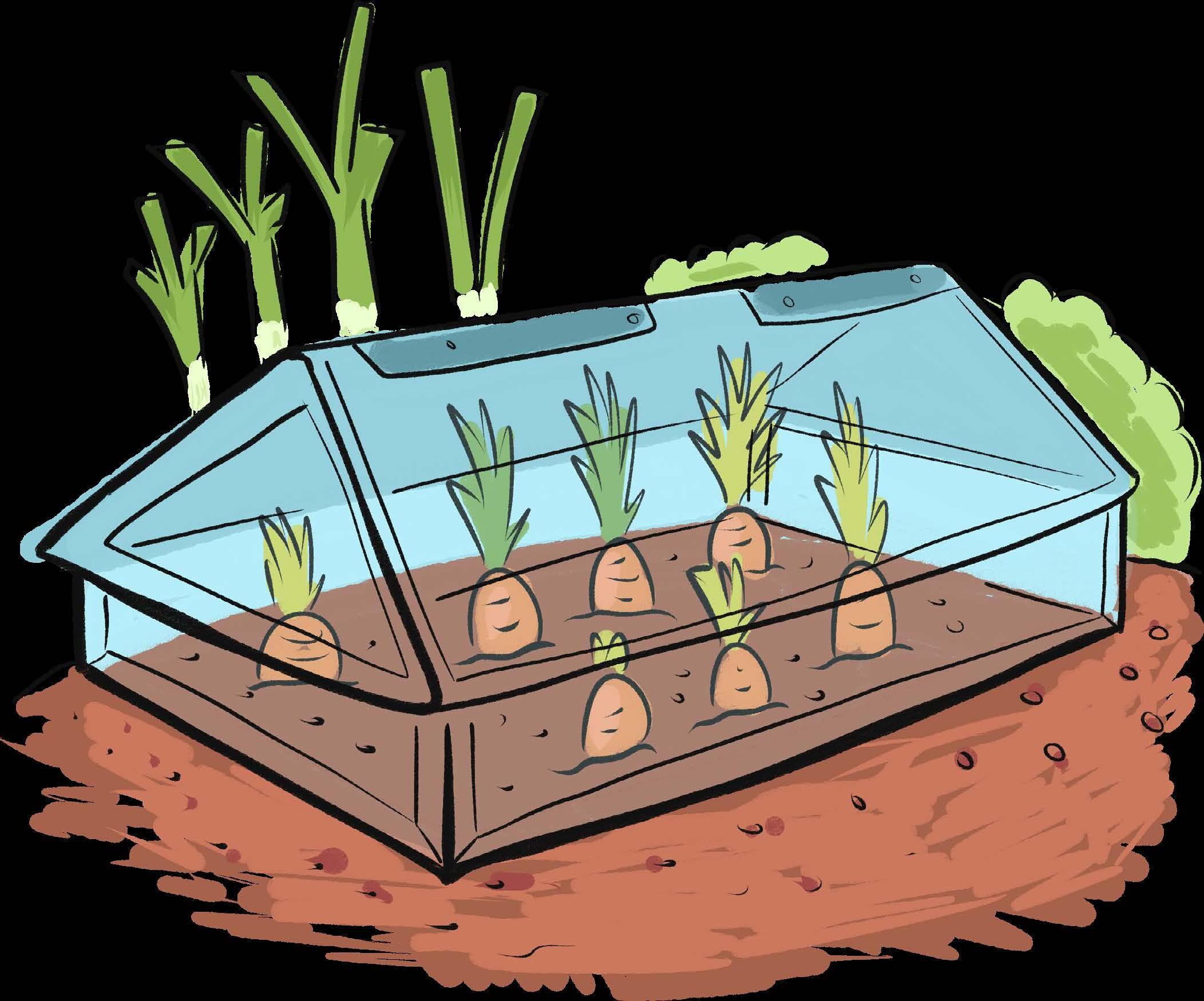
Is it easy/ how easy is it to be eco-friendly?
Age comparison
In our survey, we asked older young people how easy they found it to be eco-friendly. We asked younger children if they found it easy to be eco-friendly. Over 60% of both age groups answered that they found it easy.
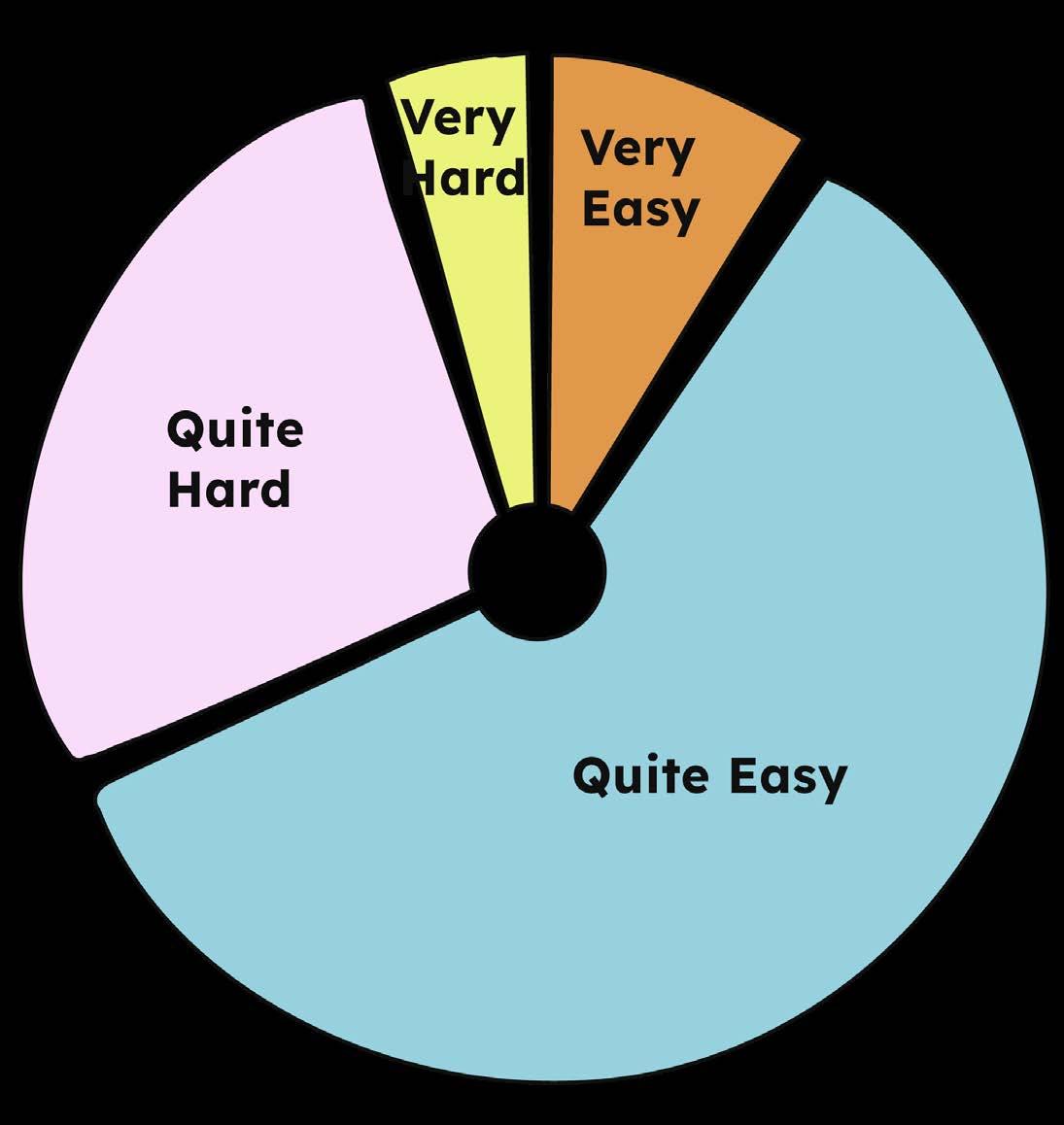
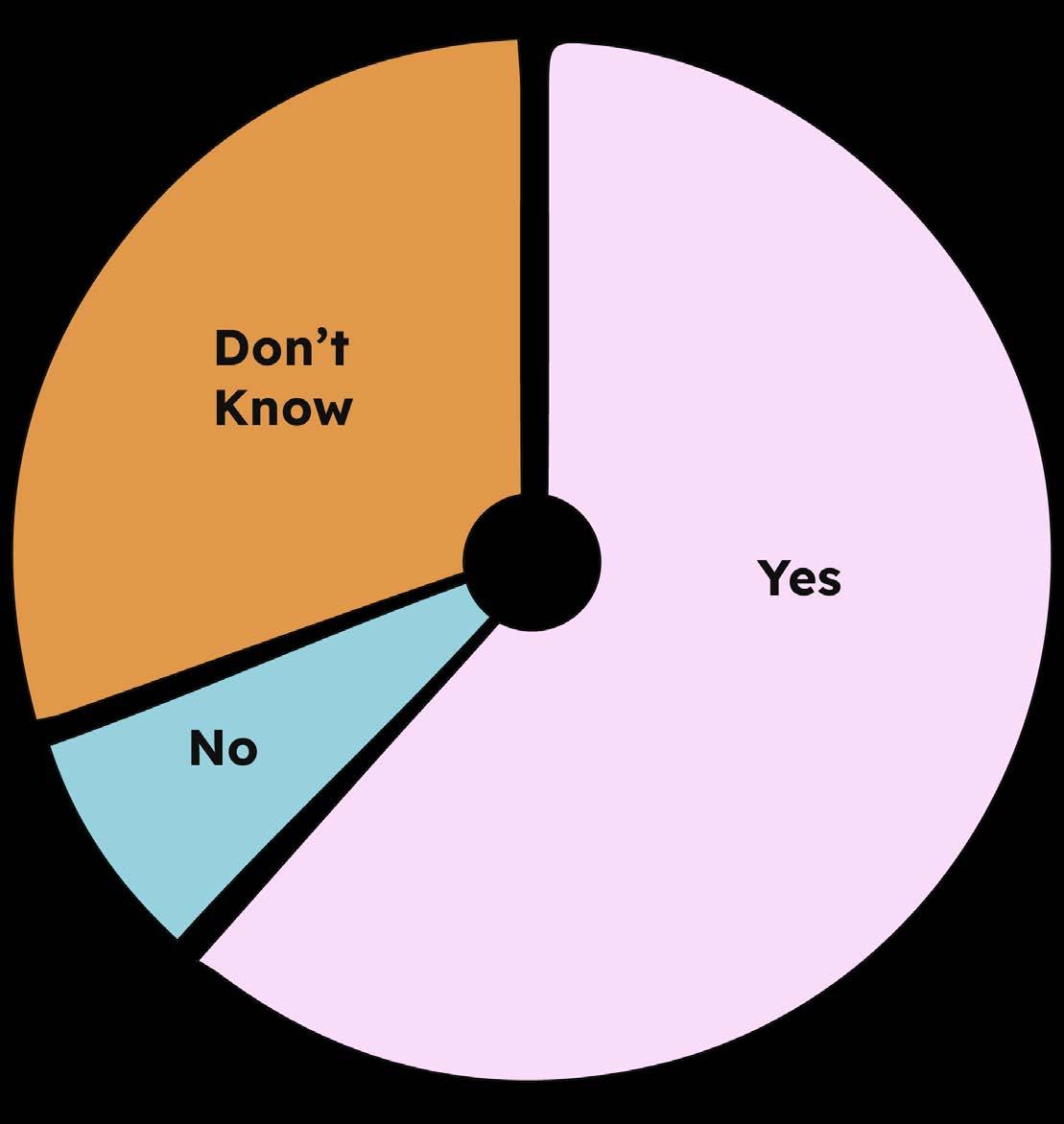
Across all ages people in Mid Wales (74%) find it easier to be eco-friendly than the other areas. West were 67%, North were 62%, and South were 62%.
In our focus groups we asked children and young people to give themselves a score out of five on how eco-friendly they are. They could score 0 for not eco-friendly at all, and 5 for the most ecofriendly you can be.
From that we found that more people score themselves a 3 which is in the middle. We have more people scoring 4 and 5 than 1 or 2.
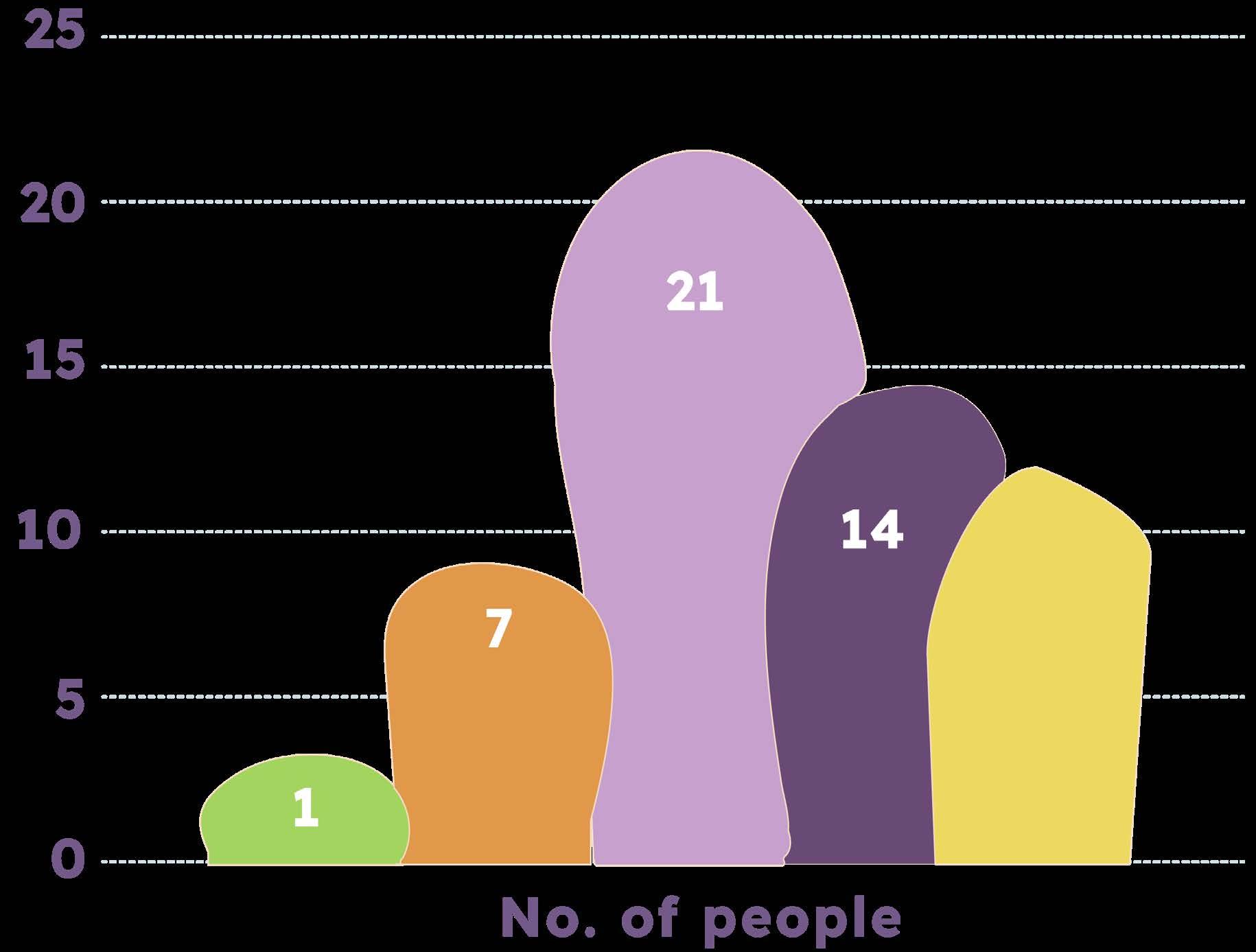
We also asked children and young people where they would score themselves if they found it easier to be eco-friendly.
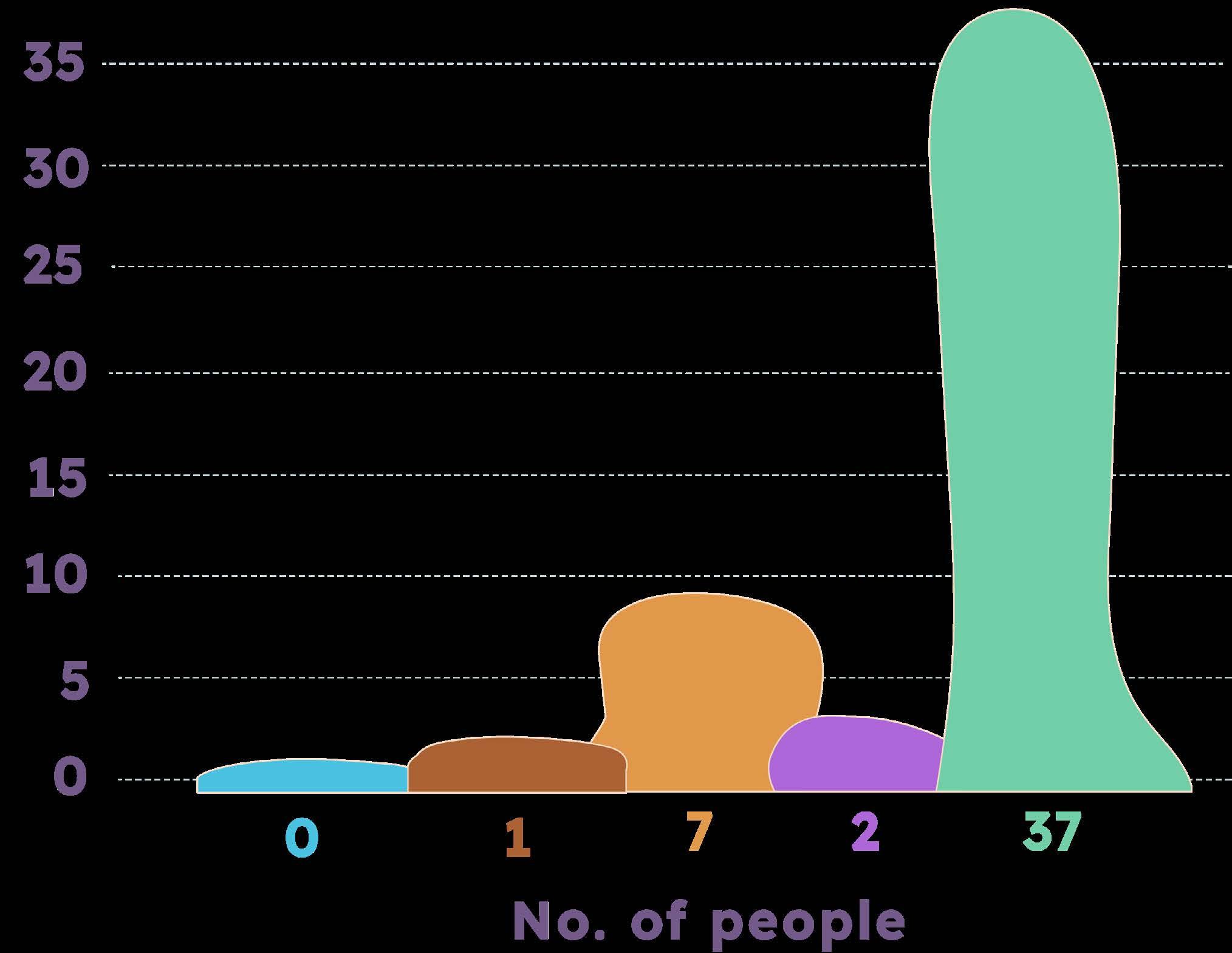
We can see that the score changes if young people found it easier to be eco-friendly.
Most people said they weren’t particularly eco-friendly or unfriendly, they picked the middle option. This is contrasted by the ‘if it was easier’ question, where the majority of young people said they would be extremely ecofriendly. This shows that young people have the desire to be eco-friendly, but there are barriers that prevent them from doing so.
A minority of young people remained at 1, regardless of whether they had the resources to be eco-friendly. Due to this we think that more research is necessary to find out how to make young people more passionate about being eco-friendly.
What could help you be more eco-friendly?



In the survey for older young people, the most common answer (62%) to help people be more ecofriendly was cost. But less than a quarter answered this way for the younger survey.
We also looked at how people from different parts of Wales answered this question:
Younger children were most likely to answer that we need more recycling bins (54%). A similar percentage of older young people also thought this was a good idea (44%).
More eco products was also a popular answer for both surveys older = 44% and younger = 34%
When we asked them an open question about this in the survey, they answered the following:
Public transport
Education, awareness and activism
Eco-friendly products
Changing non-eco-friendly behaviour, so it is more ecofriendly. I.e. using public transport, not littering, thinking about your actions, not using fossil fuels, not using a car, reducing waste, reducing electricity.
In South Wales young people were more likely to answer that we need better public transport, than the other areas.
Over 50% of young people across Wales, apart from North Wales, thought that we should have easier access to recycling.
Over 30% of people in all areas think we should have cheaper eco-friendly products.
In our focus groups, a lot of the young people shared ideas for actions that could be implemented to help create a more eco-friendly world. Some of the concepts were a bit naïve, with younger children suggesting that we ‘colonise mars’ and putting people who don’t grow their own food in prison.
Some of the ideas were a bit more realistic, ‘campaignsshowing you how to help’, ‘less fast fashion’ and ‘protecting future generations- not making the same mistakes.’ Many young people also spoke about litter picking in their communities and schools and choosing sustainable options for transport and energy use.
Who is responsible for the environment and are they listening to young people?
In our survey we also wanted to find out who young people thought was responsible for the environment.
Questions only asked in older version
From this research it is evident that similar numbers of people think that both the public and the government have responsibility to maintain the environment. Therefore, we suggest a unified approach via informing the public about legislations and ensuring that everyone is involved.
The majority of young people do not feel any pressure to be eco-friendly, which may be beneficial as they may not feel anxiety as to their efforts as they already feel they do enough. Although this could also suggest that some young people do not care enough to feel concern.
The young people feel that the public and the government have a high level of responsibility to care for the environment.
The government was brought up multiple times in our focus groups by young people, specifically talking about how they are focused on money, instead of young people and the environment:
“I feel like the government should stop caring so much about money and start listening to people.”
“government shouldn’t care so much about money.”
This shows that that young people feel like they don’t have influence over the government and that the people in power are not doing enough for the environment. They also spoke about how we rely a lot on the government and may expect them to ‘sort it’ for us.
Many young people brought up an issue, that lots of people do not want to take responsibility for the climate crisis, they want to leave it for the next generation:
“People do not feel that it is their problem, they leave it for the next generation.”
They spoke about how many of the people in power don’t care because
“I’m not here when it happens.”
This could show that young people think those in power are apathetic to the climate crisis because they will not be here to feel the effects of their actions.
One young person said:
“You have to make the changes to your world.’”
This shows that they feel a certain responsibility for the planet and think that they need to take action to protect it.
Young people spoke about how they perceive their ‘voice’. They said that ‘People don’t listen, they just throw litter on the floor’, and ‘nothing happens when the issues are brought up’. Some people thought it would be better for the planet if there were no people.
This shows that young people feel like they are not being listened to in regard to environmental issues, and that despite the campaigns asking people to not litter/to be considerate of our environment, many people still do not listen. One young person said that they think ‘Young people should be supported to talk about eco-friendly issues’; another said that ‘no one is better so everyone has the right to speak’.
In the survey people talked about changes to the system - e.g.




The government needs to do more, such as making it easier to access eco-friendly products
Too much corporate greed and corruption
Companies need to do more and should be held to account - fine companies for not being eco-friendly
Attitudes need to change
Promoting being ecofriendly
Raise awareness, e.g.
In our survey some people answered that they want to see more awareness: Campaigns

In our focus groups, young people also spoke about social media; how it can be a useful tool but can also ‘overexaggerate online’.

People told us that celebrities and businesses need to be more aware of their carbon footprint – young people need better adult role models.

On the other hand, one young person felt that eco-friendly issues are too prominent.

Some people said in the survey that we need to make sure people are telling the truth about this issue.
What we think
This means that young people are aware of the flaws within social media, they understand that not everything can be trusted online , and they need to use their judgement and research if something is true, but they also recognise that social media can be a useful tool for educating people and spreading awareness.
There might also be some young people who don’t believe in climate change.
The young people also spoke about how ‘projects like this inspire the community’ and that more projects would benefit the community and our society. This tells us that the young people feel that more environmentally based projects would benefit their local area. They also spoke about how society needs to be responsible for its actions.
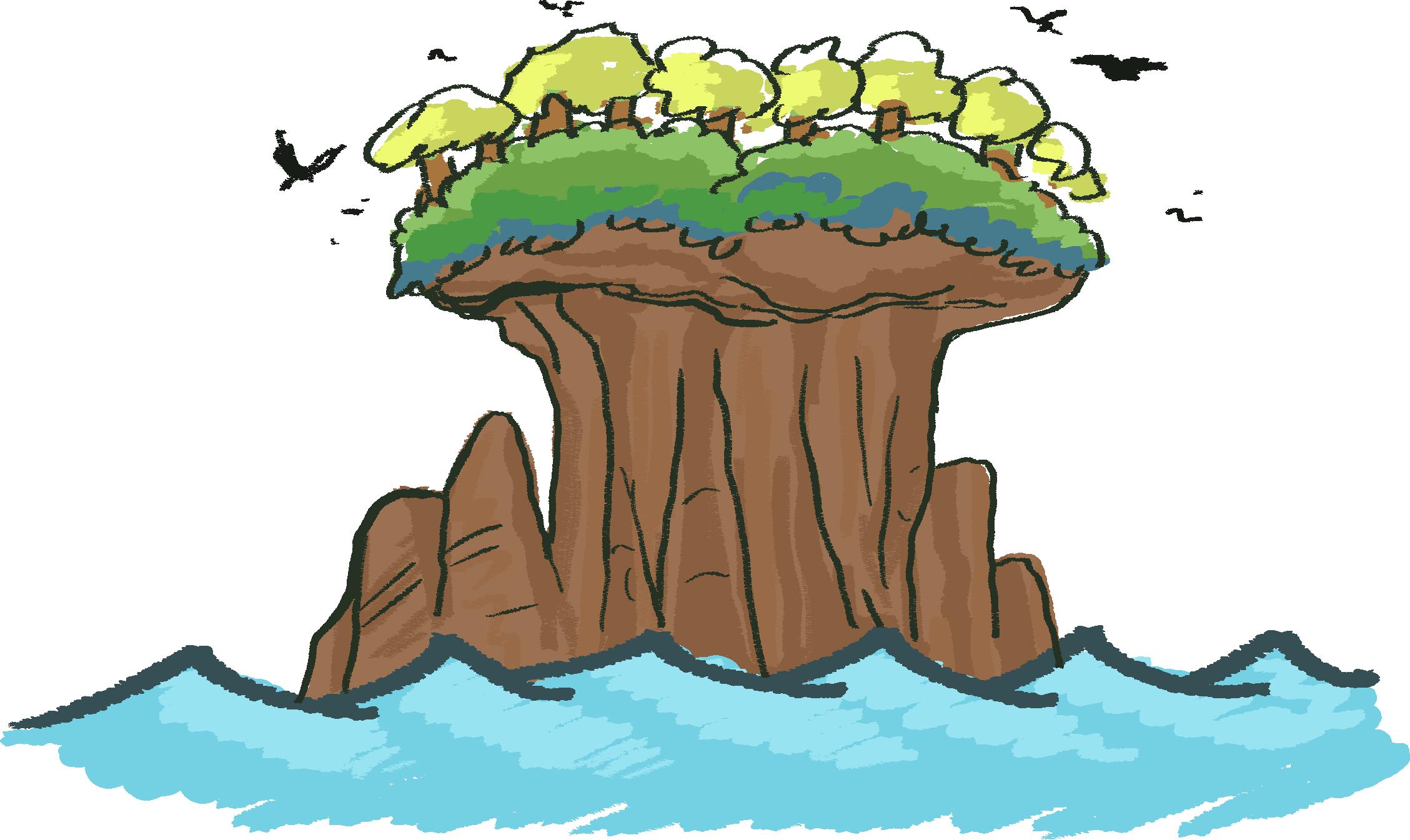
Recycling had the largest code, and we had the most responses for the focus groups and surveys. Just like a lot of the other themes the responses were very similar to each other.
In the focus groups there was a mix of positive and negative feedback on this, although the young people suggested solutions. They used the words “reuse” and “recycle” repeatedly. That we should use the correct bins and reuse old/second hand clothes/use compost and pick up rubbish, some also said things like, “sometimes I don’t recycle”.
Most young people disagree with littering and think that we should be doing more litter picks.
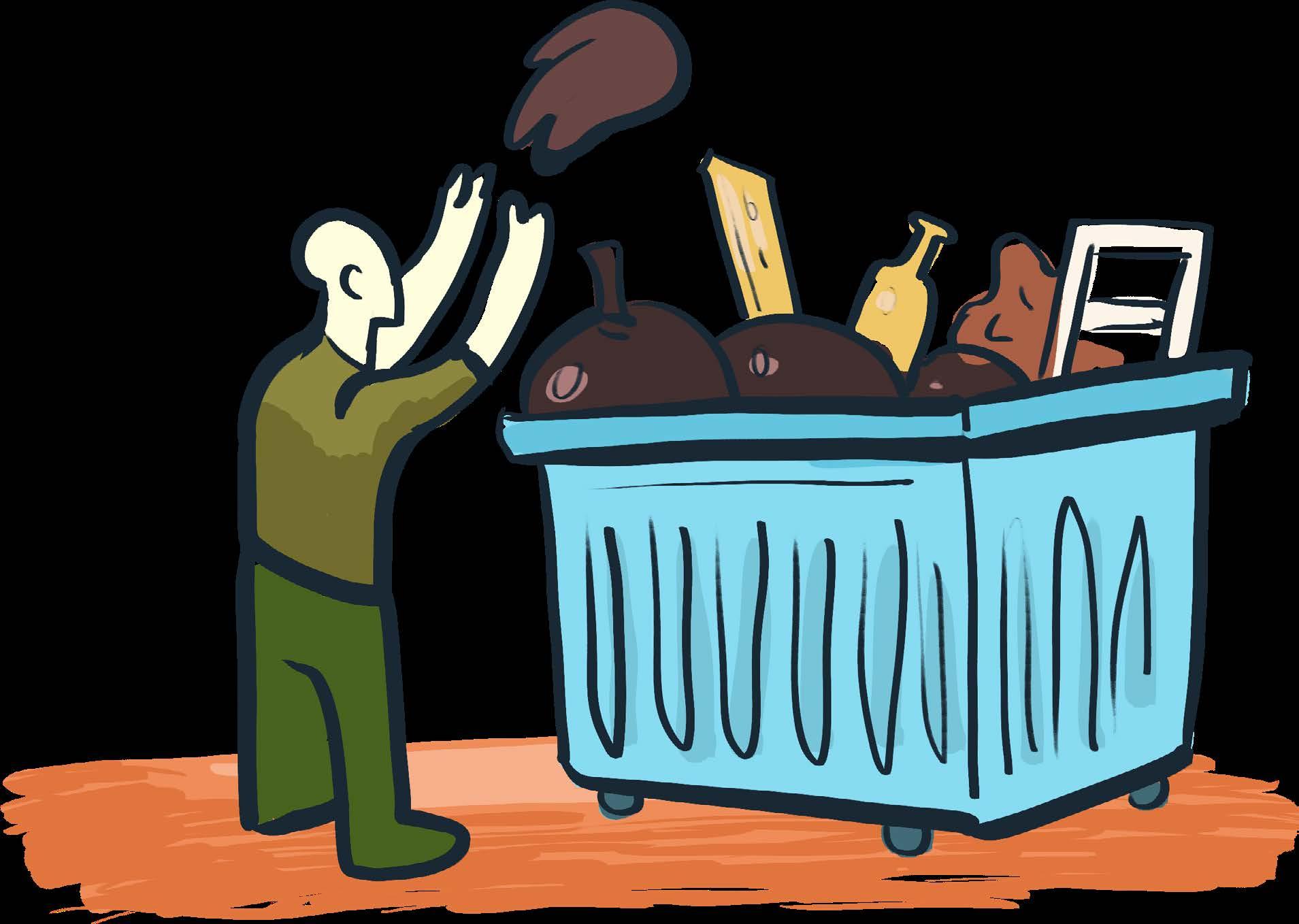
“I
do a lot of things to be eco-friendly but sometimes I don’t recycle”.
“People think that it’s cool to litter… when one person does it they peer pressure another [person]…and then more people peer pressure everyone to do it”
“no
more disposable vapes”
In the code “energy” there is a lot mentioned about green energy (wind turbines/solar etc) and that we might need to stop using fossil fuels, but they know that it is difficult.
“Sometimes I forget to turn my light off in my room.”
“implement more solar panels, more wind power energy, more water powered energy”.
In the survey people said we should reduce litter and promote recycling, and gave some examples:
More bins and people putting rubbish in the bins
Litter picking in communities/setting up groups
Reduce plastic (packaging)
Use more recyclable products
More reusable products
Bottle return scheme
Rubbish needs to be disposed of in better ways
There is an emphasis on recycling, we think that this could be because it’s easy.
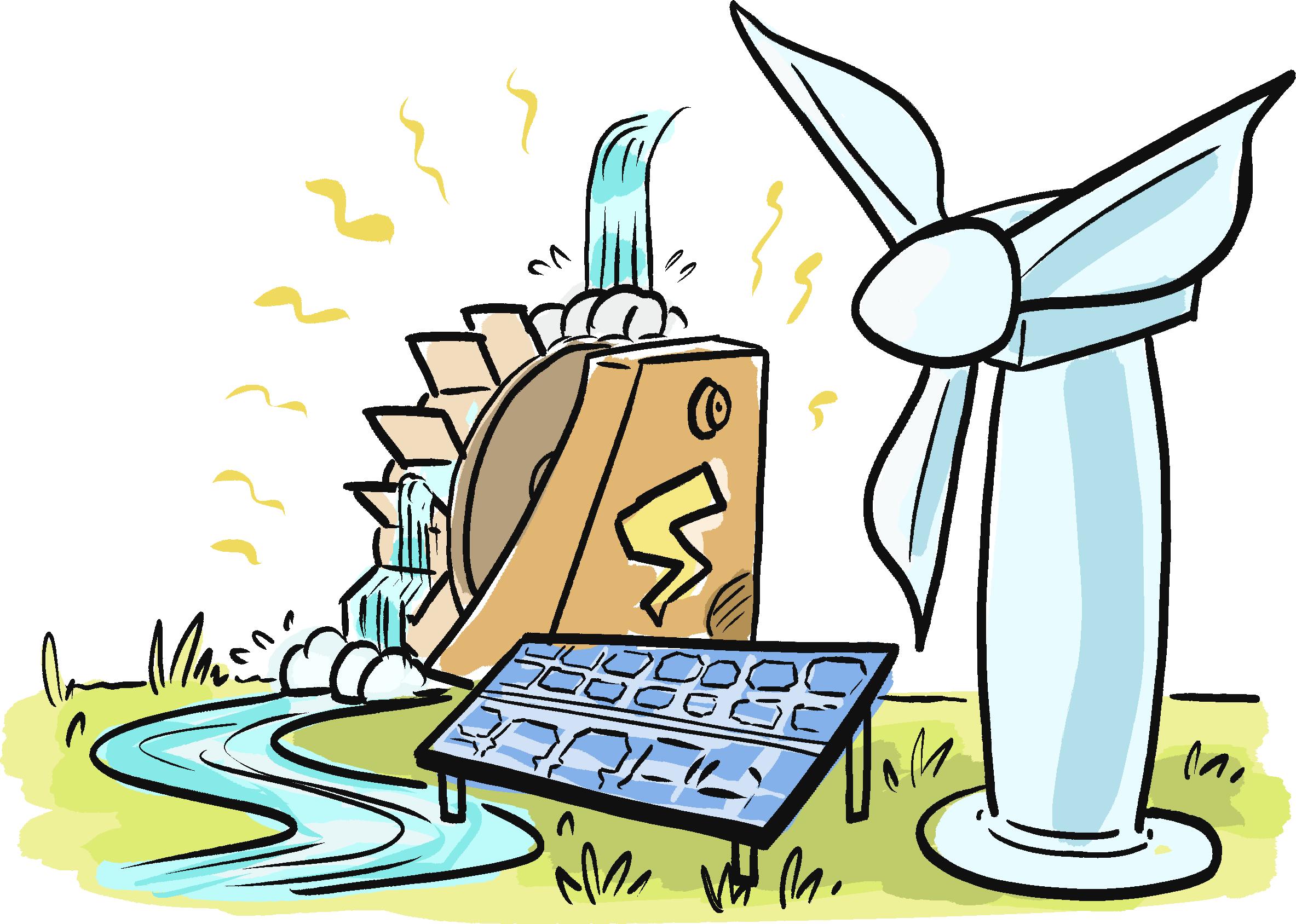
From the survey, 42% of older and 33% of young people already use eco products.
They also said they want more eco products with 44% of older young people and 34% of younger people answering this way.
When we asked an open question in the survey, people answered the following about eco-friendly products:
Making them cheaper
Clearer labelling
More eco-friendly products
Eco-friendly products (like paper bags) need to be more durable, convenient, more readily available, and more affordable
Less fast fashion
Over 30% of people who answered the survey in all areas of Wales think we should have cheaper ecofriendly products.
They also said that the Government needs to do more, such as making it easier to access eco-friendly products.
What we think
There were mixed responses about the theme of waste management and there were a lot of negative and positive comments. But in littering and energy there was more responses about young people forgetting which is a link to the Barriers theme.
Young people want to find a solution to fossil fuels by using less cars and fossil fuel pollutants. Young people said “we shouldn’t be polluting, if we want to live” they also said “being eco-friendly means you helping the earth from pollution.”
There is a quote where the young person says that they sometimes don’t recycle this could be for several reasons like laziness or lack of access.
People want better access to ecofriendly products. Labelling, packaging and cost are important issues which need to be considered in relation to this.
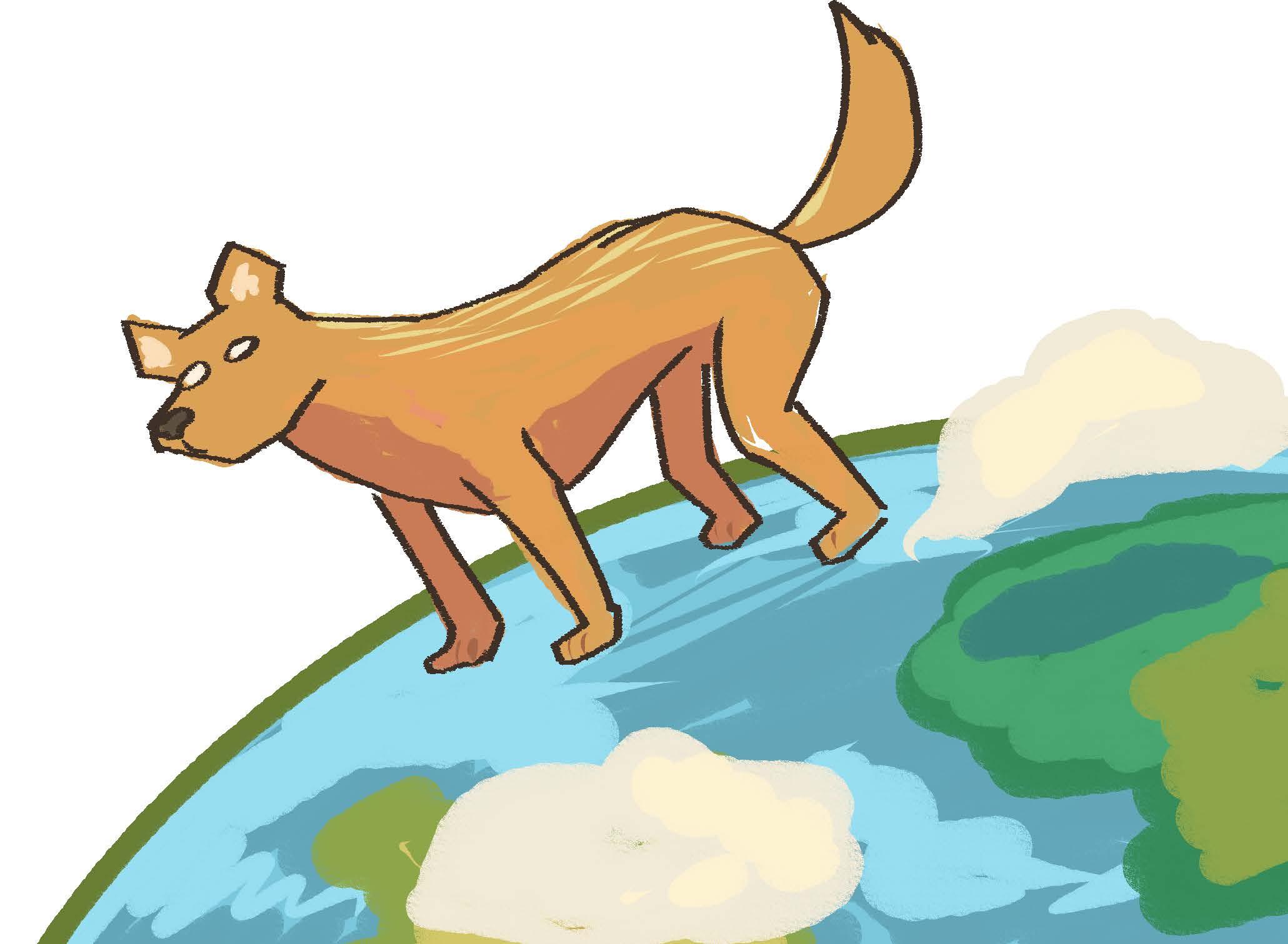
We asked children and young people about the barriers they have when it comes to being eco-friendly.
In our focus groups, we found out that young people are shaped by their environment, and this influences how eco-friendly they are.
The different things we found that influence children and young people’s eco-friendly behaviour are below.
Parents’/Carers’ attitudes
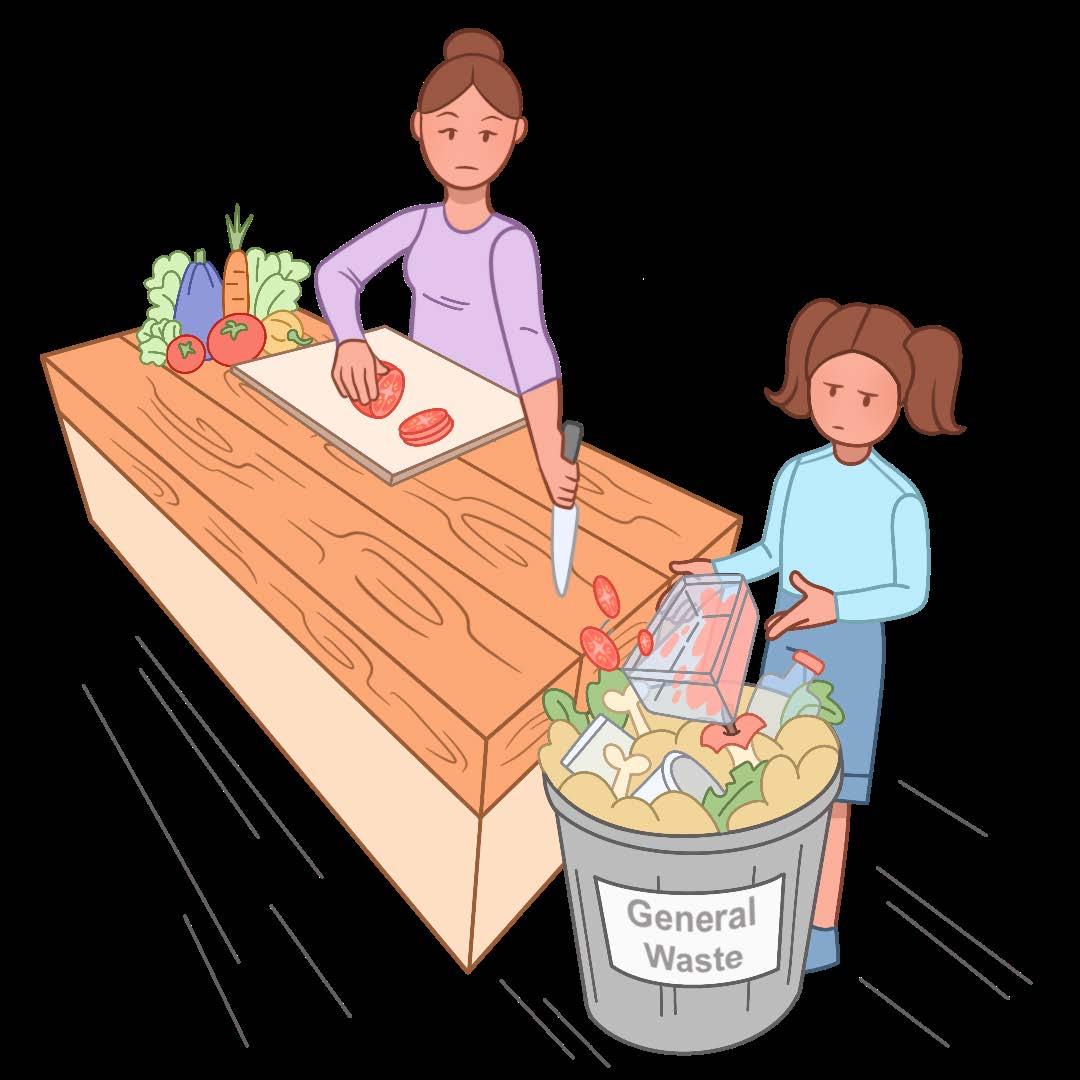
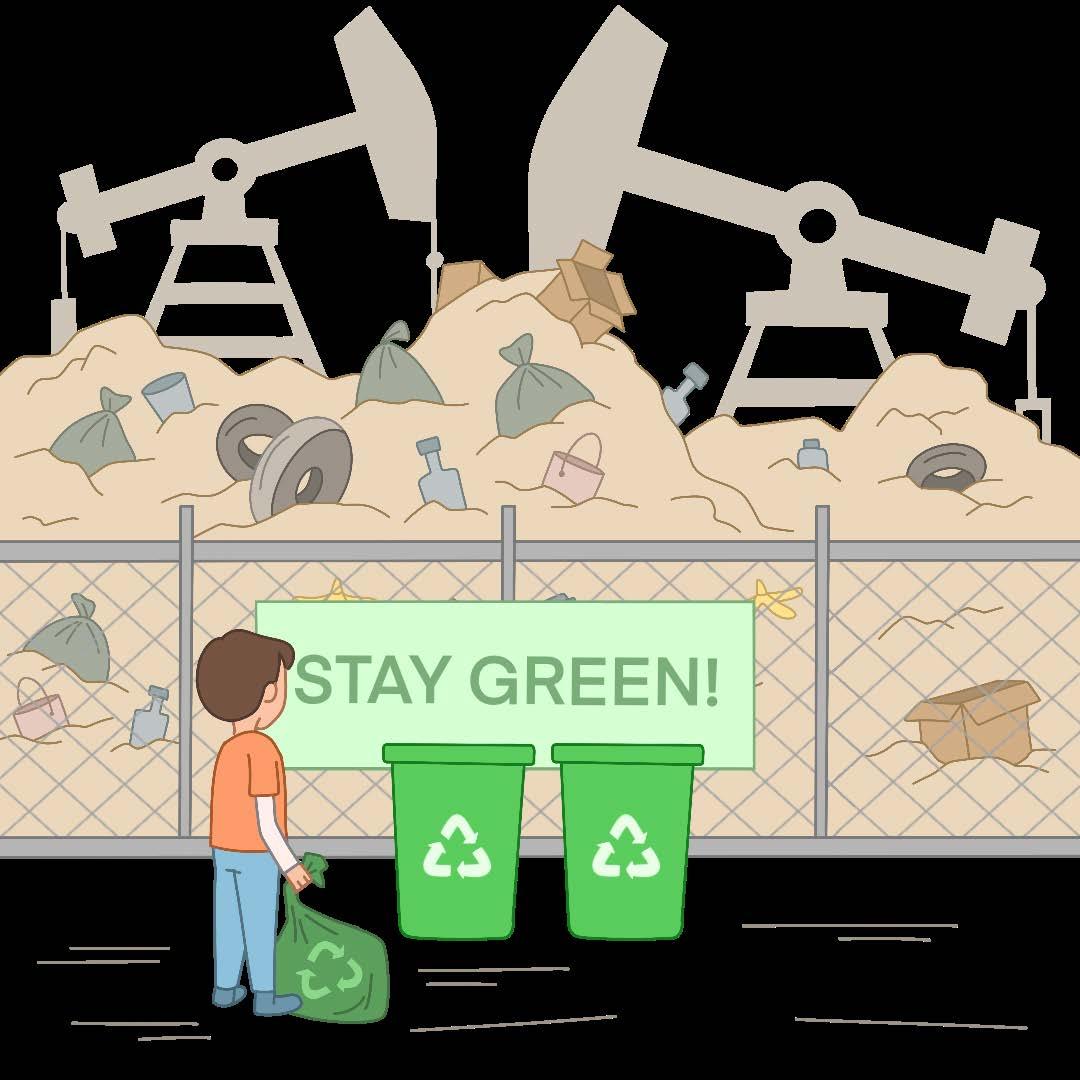
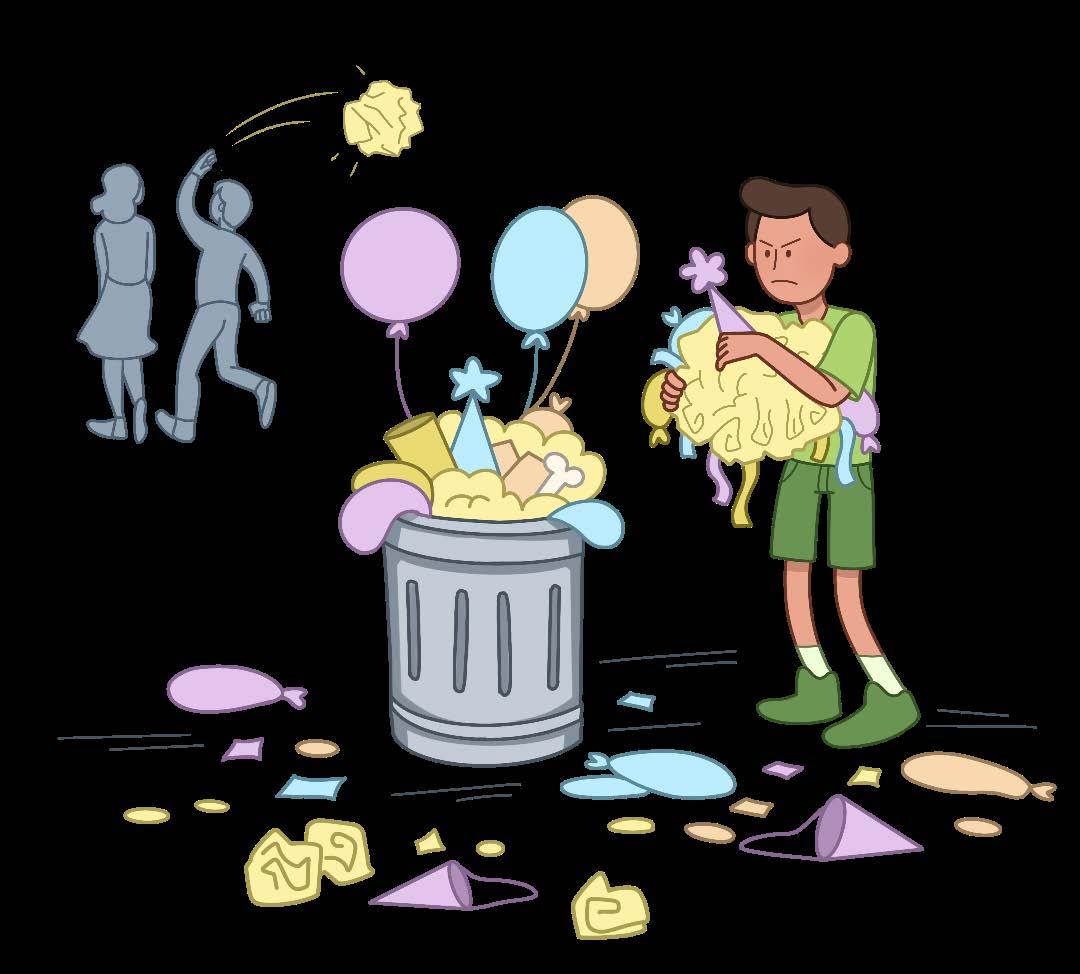

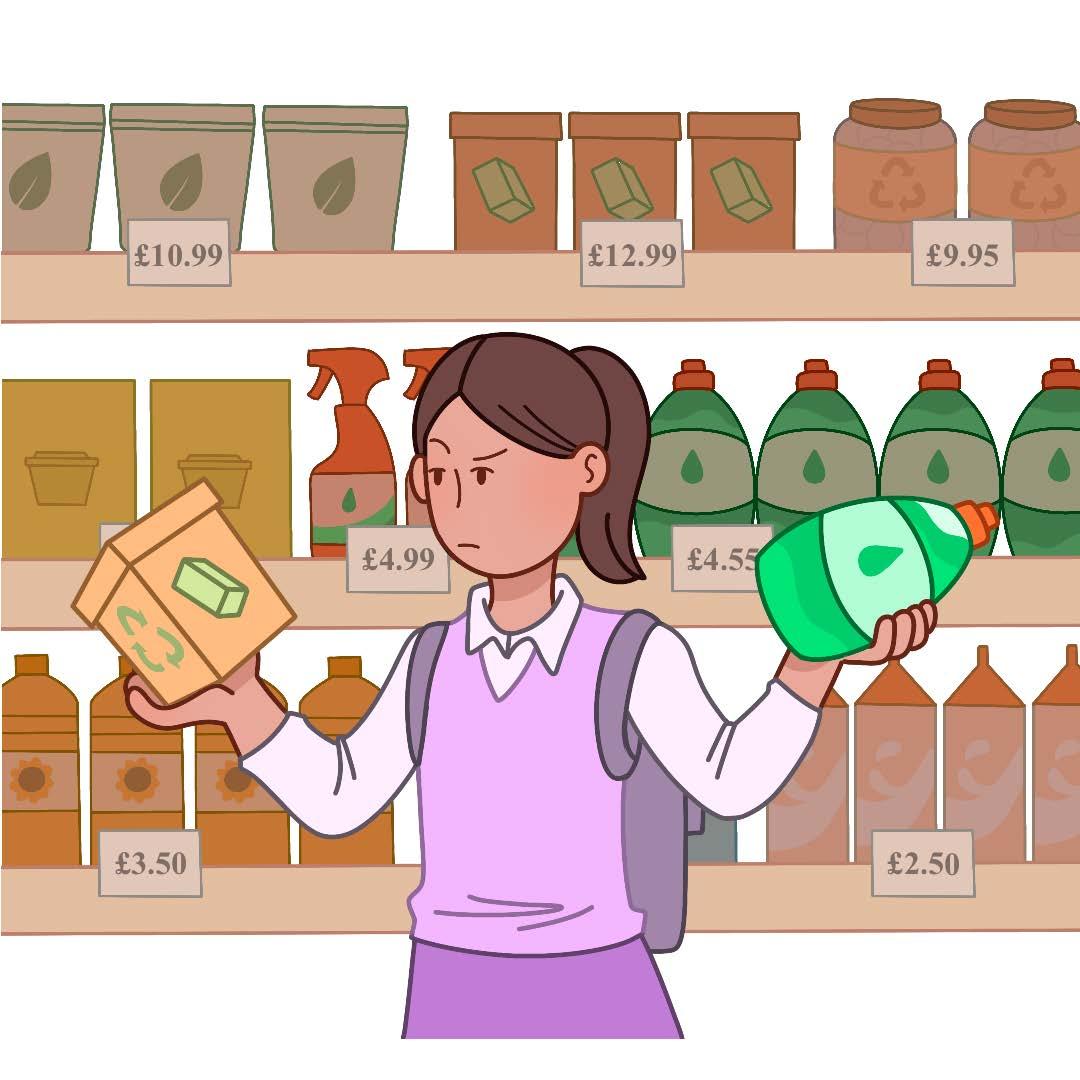
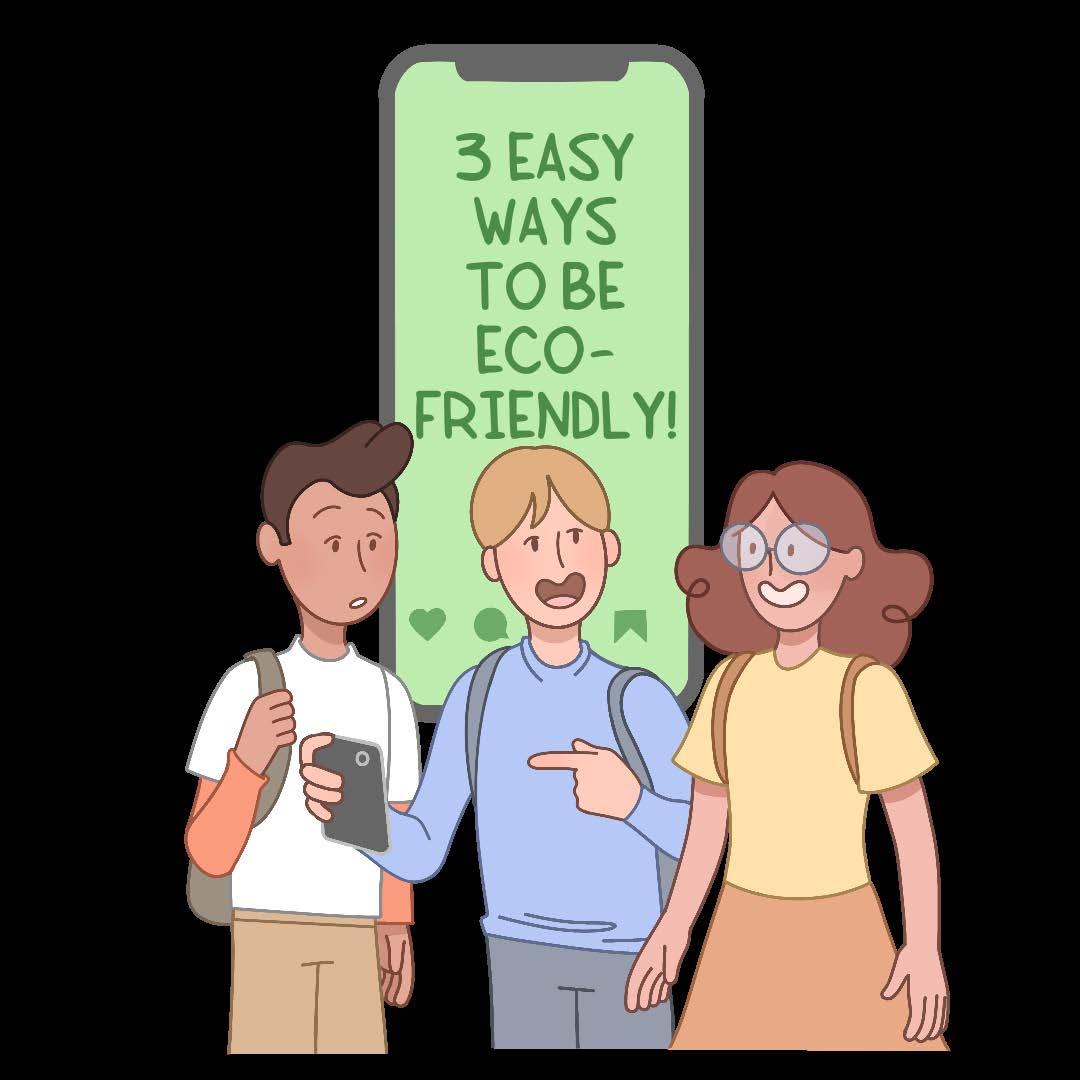
Arthur’s research from the literature review spoke about how young people are more likely to litter or be environmentally unfriendly when they are surrounded by similar people, people who litter. This can be seen in our research in the peers and family subsection, young people spoke a lot about how other people’s choices affect their lives.
His research also covered the issues with inaccessible technology. In our research we found that a lot of young people want to be more ecofriendly, but find it difficult, because of laziness or a lack of understanding. The literature review recognised that it can be difficult to implement environmentally friendly changes in a person’s life, which is reflected in the responses from the young people.
Accessibility is also a topic that came up a lot throughout our research. Young people complained that it is difficult to be eco-friendly, as it is often inaccessible especially to young people; they said that ‘if it was easy everyone would do it’.
Cost is another topic that the literary review spoke about where he said it may be difficult to access the information that allows young people to make cost affective choices, and how sustainable choices are generally more expensive. In our research we found that cost was outlined as an issue to young people in our ‘money’ section where they said that ‘organic products are more expensive’.
Education is a factor that we did not explicitly categorise as a barrier, but it was frequently spoken about as one throughout our focus groups and surveys. Young people criticised their education, they said that the school system focuses so much on recycling and not enough on educating young people on more complex issues.
The literary review said that information is key to making sustainable choices; it is clear that the young people agree with this, and they have a desire to be more educated.
Some young people shared their responses through the lens of class and economics

‘Organic products are more expensive’,

‘Limits what I can do to help’

‘Money- not everyone can afford solar panels.’
Young people also said that when things affect the economy - ‘it affects us’. This is an example of young people being aware of issues in the economy, such as the cost-of-living crisis.
Some referred to peer pressure, and how they can be influenced into littering or other non-eco-friendly activities.
Some told us about feeling isolated, from their peers because of their environmentalism, ‘no friends help me’.
In the survey, they talked about how peer pressure can stop people being eco-friendly, but that friends can also be a positive influence.
Another barrier experienced by young people is their parents and family not being eco-friendly, and the fact that we are dependent on fossil fuels for a lot of items in our daily lives.
They also described facing hardships and barriers to being eco-friendly. ‘Forgetfulness’, ‘Some people don’t understand’, ‘Can’t be bothered’.
They spoke about how environmental action can be difficult, ‘if it was easy anyone would do it’ and how ‘it’s inconvenient’, which is why not everyone gets involved.
Some of the young people spoke about their eco-friendliness through the lens of their religion.
Some young people took a more negative approach, describing environmentalism as ‘delaying the inevitable’. Some also compared our country to others, saying that other places have it worse so we shouldn’t care about our environmental issues. Many also highlighted the fact that they may have other priorities, ‘too many other things going on’.
The majority of experiences described in this section are negative, which is expected as the title is Barriers.
The young people were encouraged to answer based on their own experiences and opinion, but we must be aware that young people are inevitably shaped by their environment.
Few young people chose to draw to demonstrate their opinions on this subject; this may be because the topics were more complex, so it is harder to describe with a simple drawing, but it may be because of the age of the subjects.
Some very clear differences here according to age
“Don’t know” – younger 48%, older 23%
These are some of the reasons people said that cost gets in the way from the survey:
Eco-friendly things are expensive
Cheap products are bad for the environment
Inflation/low wages is having an impact
Make things more affordable and accessible, e.g. cheaper options
The people who said no to this question, gave the following reasons for their answer:
Cost is irrelevant
People don’t want to be eco-friendly
There aren’t many eco-friendly options
Most children and young people in Wales care about our planet and they want to be more eco-friendly, but there are things that get in the way.
We wanted to find out whether cost of living gets in the way of being ecofriendly for young people, and we think our research shows that it does. We also found that there are lots of other barriers that get in the way including education, access to eco-friendly options, and the ability to be eco-friendly due to age and lack of autonomy.


Government and big organisations should give them more opportunities to have a say and listen to them more. Young people want more of a voice.
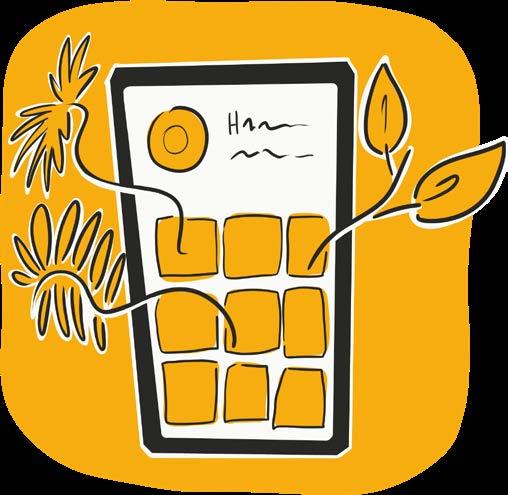
Social media should be used to share positive messages
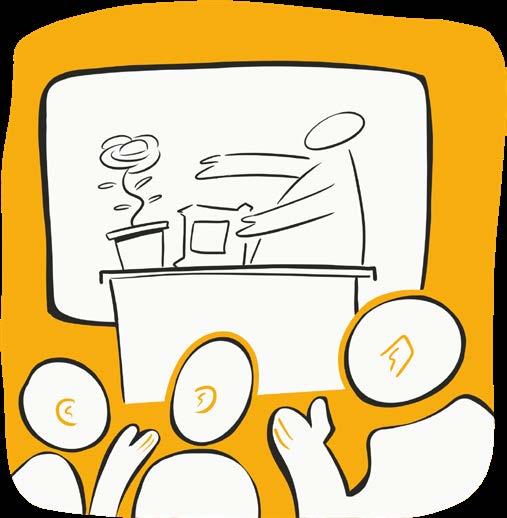
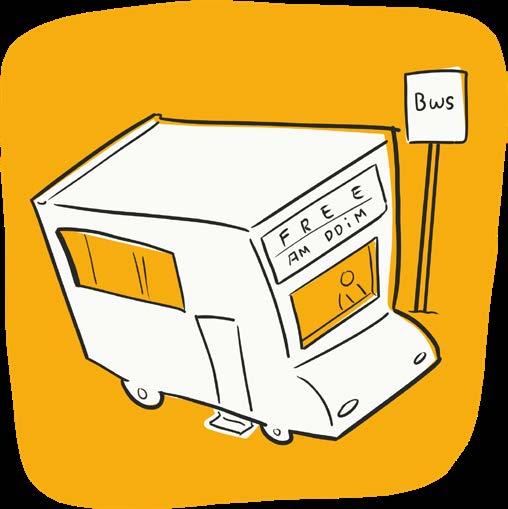
Some schools and colleges are teaching environmentalism well and go in depth. But others are not doing very much,
relating the climate crisis and information that young people understand. or what they are doing is boring, repetitive, and sometimes criticised by young people. Things should be more consistent, with schools learning from each other about the best ways to teach about eco-friendly things in an engaging way. This topic should be for everyone, not just the ecocouncil.
There should be better public transport options
across Wales, encouraging young people to use it. It should be cheaper or free.

Legislation and taxes should be used
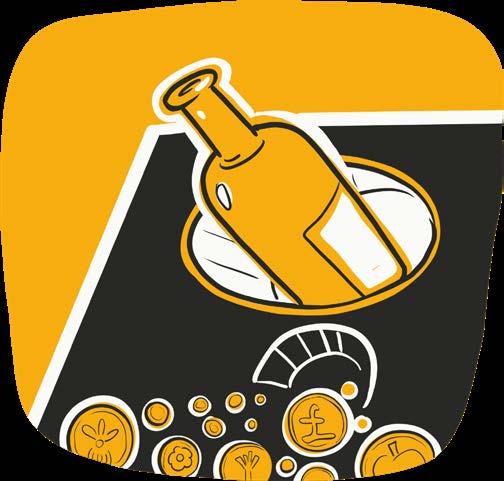
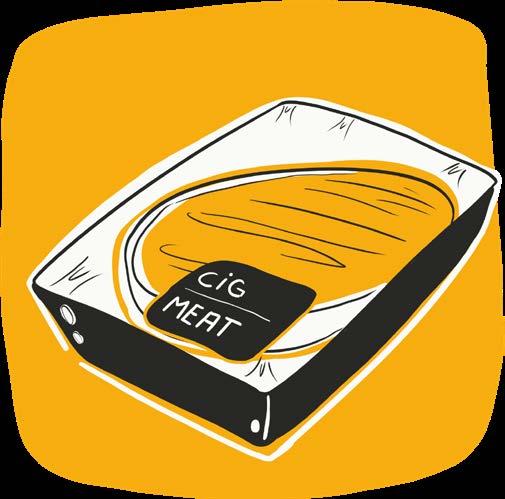
Make it easier for young people to be environmentally friendly, by eliminating barriers such as cost. Encourage people by providing incentives. Some people suggested a bottle return scheme, for example.
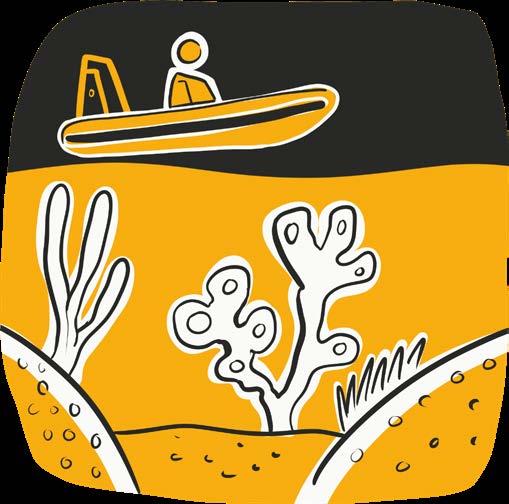
There could also be more regulation on the importation of goods,
like beef from Brazil, to cut down on emissions from transporting goods and deforestation. This should not come at the detriment of the consumer, however, as more options should be made available like locally sourced beef or fresh vegetables.
Local environmental projects should have more funding, to discourage people from overconsuming fast fashion. There should be more support for organisations that sell second-hand or sustainable clothing. These should not be expensive options. There should also be more education on this issue.
to reach more children and young people. There should be more opportunities for children and young people to do more eco-friendly activities like litter picking.

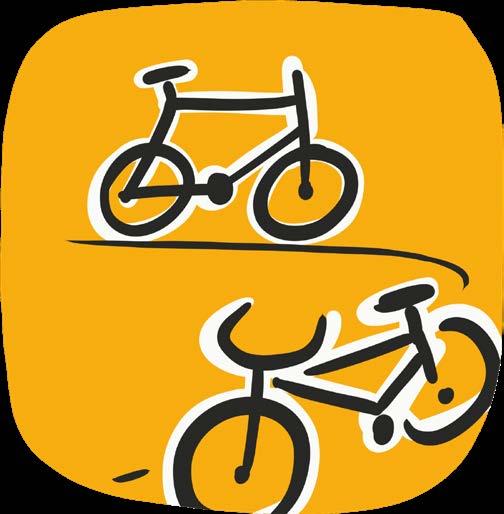
Provide more recycling bins in public spaces.
There should also be the right infrastructure for councils so that the items are actually recycled and that the rubbish is disposed of in a sustainable way.
Increase the number of safe cycle and walking routes,
to encourage more people to cycle or walk, rather than drive.

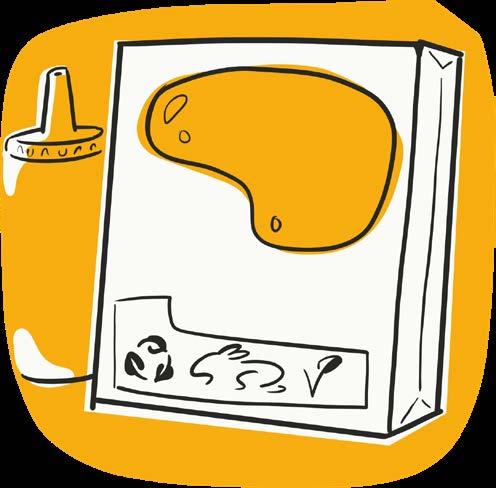

More research should be done on how much young people care about being environmentally friendly.
Also how to prepare people for weather events or climate disasters in a way that doesn’t induce climate anxiety. More research should be done with populations who are not already engaged on this type of issue. It would also be interesting to see if young people in other nations feel the same way.
Promote better labelling on products about ecofriendly credentials.
Include information about how the product has had an impact on the environment.
Incentives for retailers to reduce plastic packaging
should be introduced and more investment to look for sustainable alternatives.
What we think was good about our research - our strengths
We had lots of responses, and we think that means our research is valid. We smashed our original targets! People said thank you to us in the survey. This shows that they liked taking part or thought it was important.
We have got responses from most of Wales, with a wide age range of young people from aged 7 to 18.
We had generous funding, so that helped us to be able to make decisions. We were able to choose whatever methods and questions we thought would be good.
We think it was good that we did mixed methods, because of the benefits of both options. We can get graphs and detailed answers in our data.
The survey was easy, quick, cheap and accessible for people with transport barriers to answer. There was less pressure for people to answer it. They could do it in their own time. Our questionnaires were bilingual.
In a focus group people can speak more freely about their answers and you can ask more follow ups. You can get more detail. We think you are more likely to get a truthful answer, rather than in a survey where people might rush things.
Because it was young people doing the research, we were creative and imaginative. If it was always adults doing research, they might just keep asking the same things and getting the same results.
Other young people might feel more comfortable talking to us, rather than an adult.
We learned lots of different things about the environment, safeguarding and research. We got a certificate for what we learned.
We also had lots of activities - we went to Glasgow; we had a residential; and we went to a circular economy hotspot event to talk about our early findings.
Most of the time we had fun, but some of it was hard work!
We were able to vote on when we were available for sessions. So, we could go for the most popular.
Because of the topic, we think that people might not have been honest with their answers. People might not admit to not recycling or to littering, for example. This means we don’t know exactly what young people do to be eco-friendly, but we have to rely on what they said they do instead.
At the beginning there was an error with the survey, this meant that we had to reword some of the questions. So, we could have tested it more thoroughly. Some people commented that they didn’t understand the survey, but we did get lots of responses and they made sense, so hopefully most people understood.
Due to staff turnover and sickness, we were not able to do all of the focus groups we had planned. We had planned focus groups in North Wales that we were not able to attend for this reason.
We did have a consistent external person to help us, so they could keep track of things.
We had more younger than older people for the focus groups. But we did have more older young people complete the survey, so maybe it evened out.
Our top age limit was 18 and maybe we could have had more information if we went up to 25.
Only one person in our team was a Welsh speaker, so that limited how bilingual the focus groups were.
The majority of people we spoke to in focus groups were white, although we had more representation in the survey responses, we might be missing more in-depth information about cultural differences and alternative perspectives.
We would like to thank Bethany Turner for all her hard work before she left the organisation. She organised and monitored the focus groups and helped with analysis of the survey. She helped with the training and to work on questions and practice focus groups.
We would also like to thank Elaine Speyer for all the hard work and support she has given us. She helped us finalise the topic and research question, teaching us about research methods, and ethics. Seeing us through from the beginning to the end (unlike Bethany!) (Only joking!)!
Rachel Beddoe helped analyse all the survey data. She helped us to see the differences between the areas of Wales and the different surveys. She also helped us with the survey for younger children.
Emily Ruck has helped keep a positive atmosphere by singing with us at the residential and playing games with us. She organised the meetings and kept in touch with us to make sure we all got there on time. She also sorted our tempo time credits and took us to Glasgow.
Mike Mainwaring and his interesting food dishes, as well as celery and
houmous. He helped us to get through the loss of Bethany! He helped us with the thematic analysis, and he gave us lifts. He also kept up team morale.
Thank you, Kate Thomas, for managing the project and coming to the residential.
Thank you, James Fisher from Fisher Film who was our camera man. He helped us by respecting our wishes and ensuring that we have good pictures and videos and being a helping hand to the team. He also helped us eat the crisps, strawberries, and other snacks!
Fran Hoey helped us at the beginning with organising the training.
Paula Timms helped us to secure funding to start the project.
Community Knowledge fund for paying for our project and helping to make sure it happened.
We also want to thank all the children and young people who took part in this research and shared their views with us. We had lots of fun meeting some of you at the focus groups and looking through all of your artworks and it was really interesting to see your answers on the survey.
